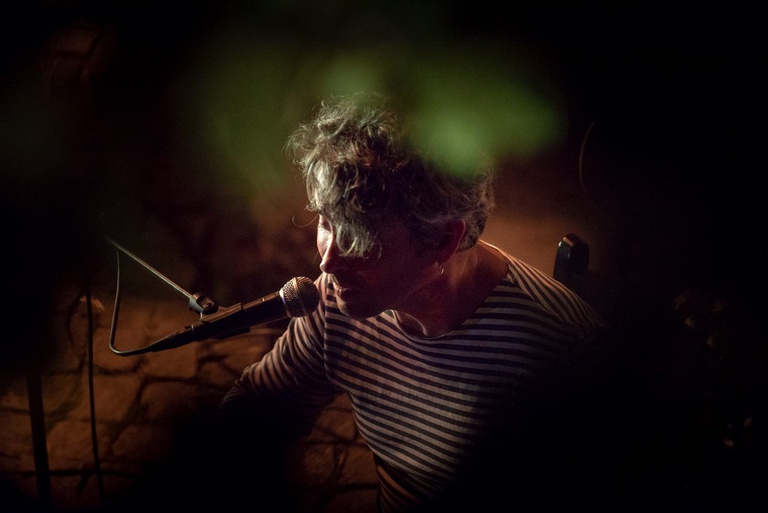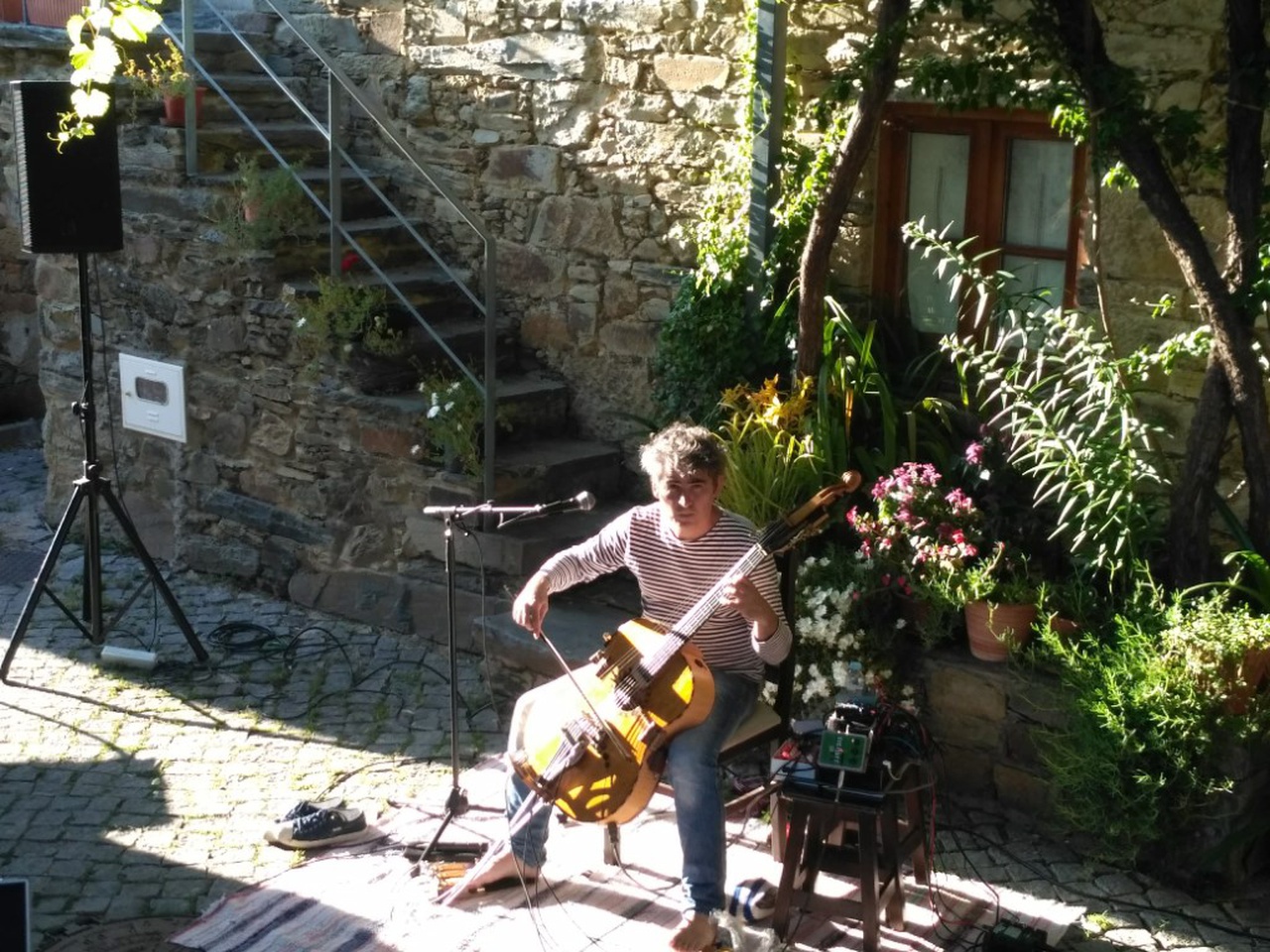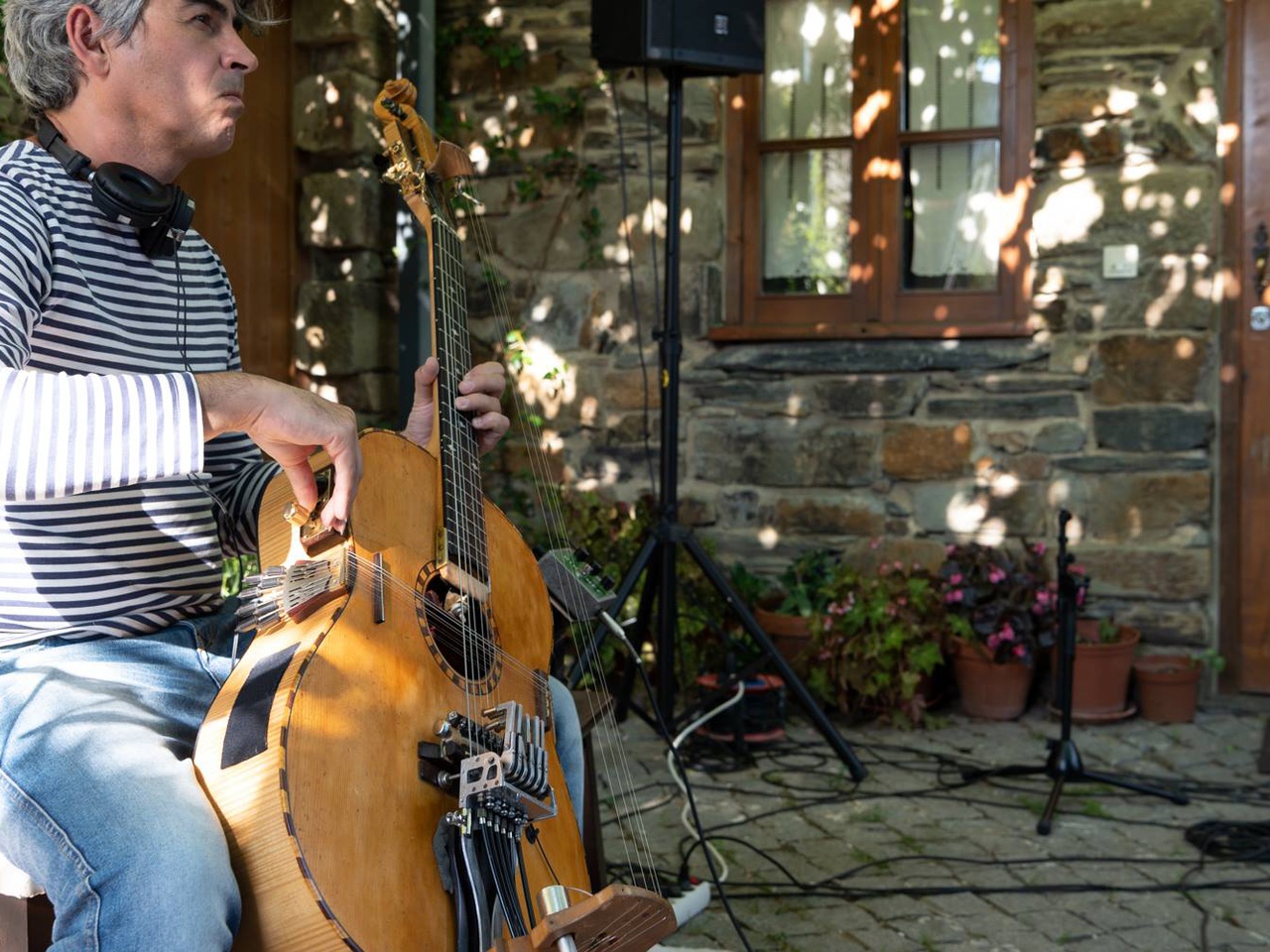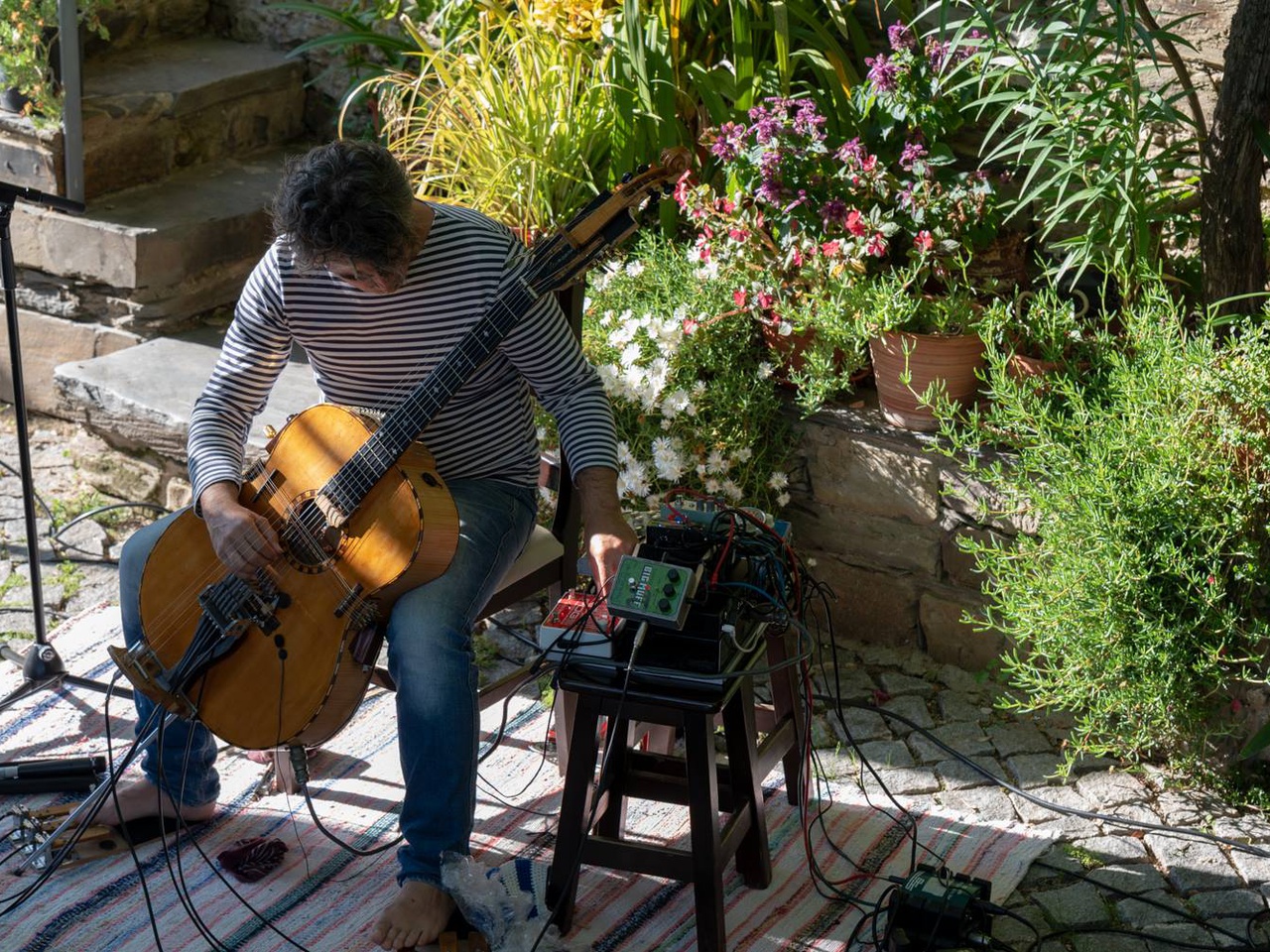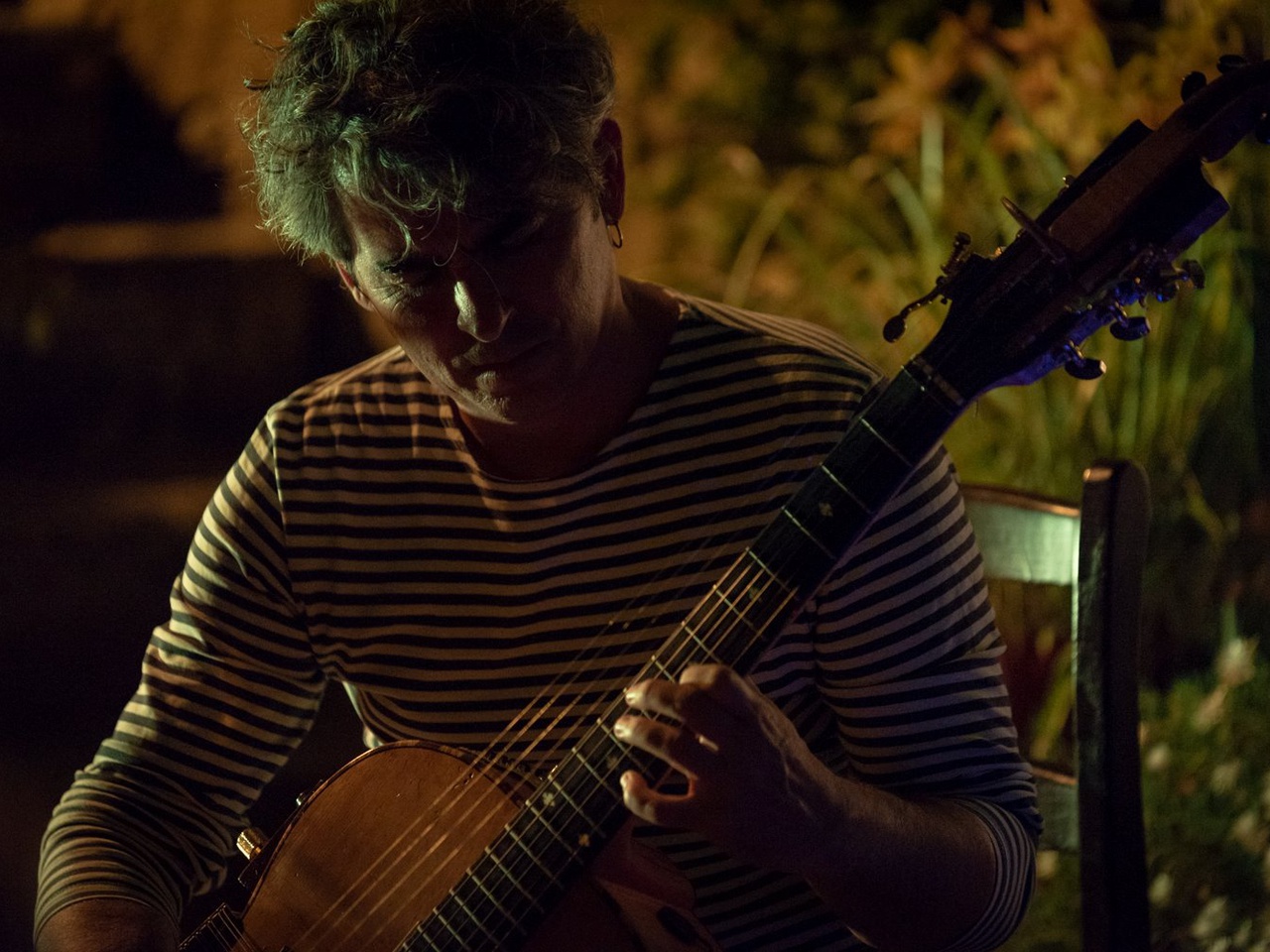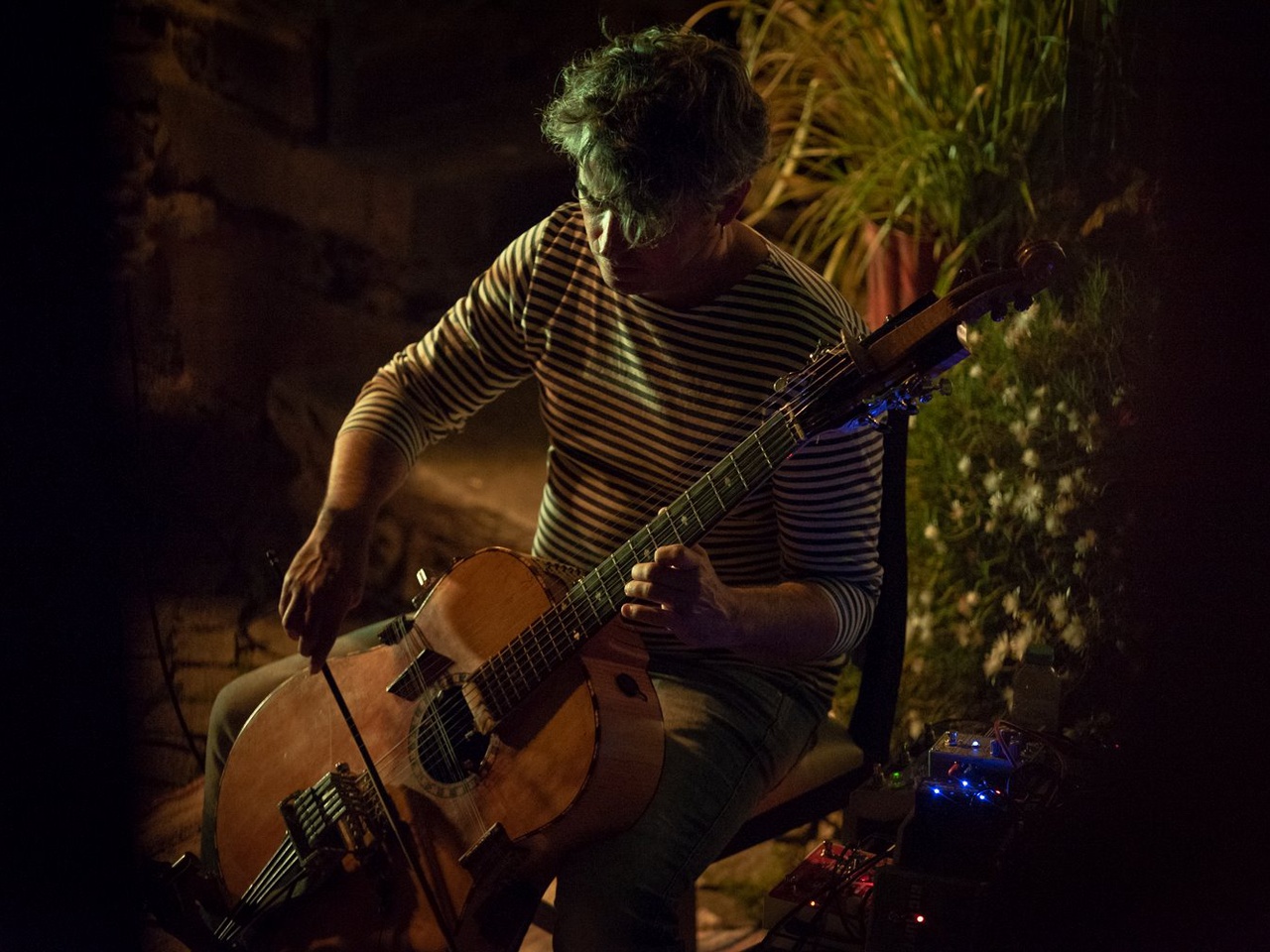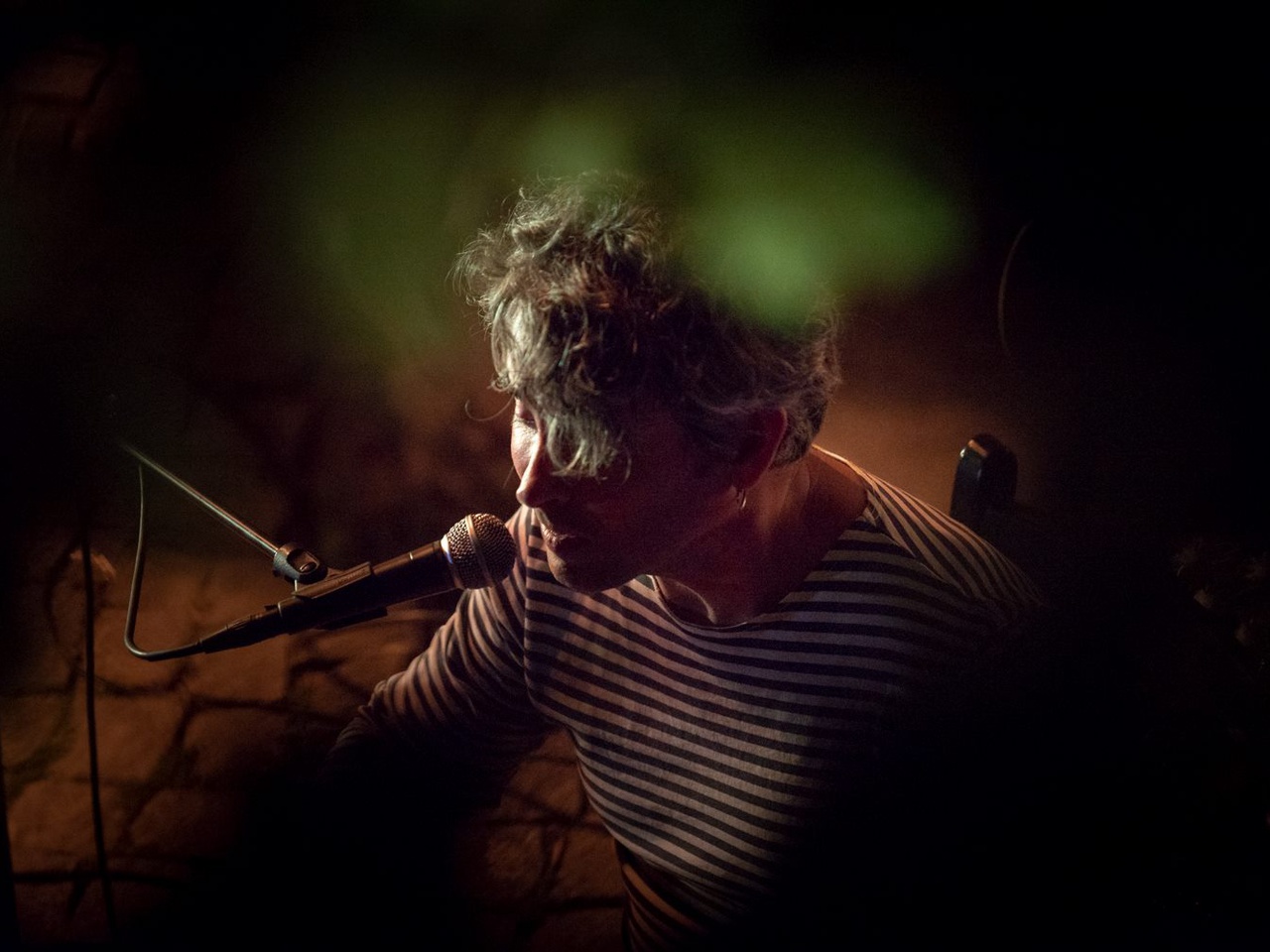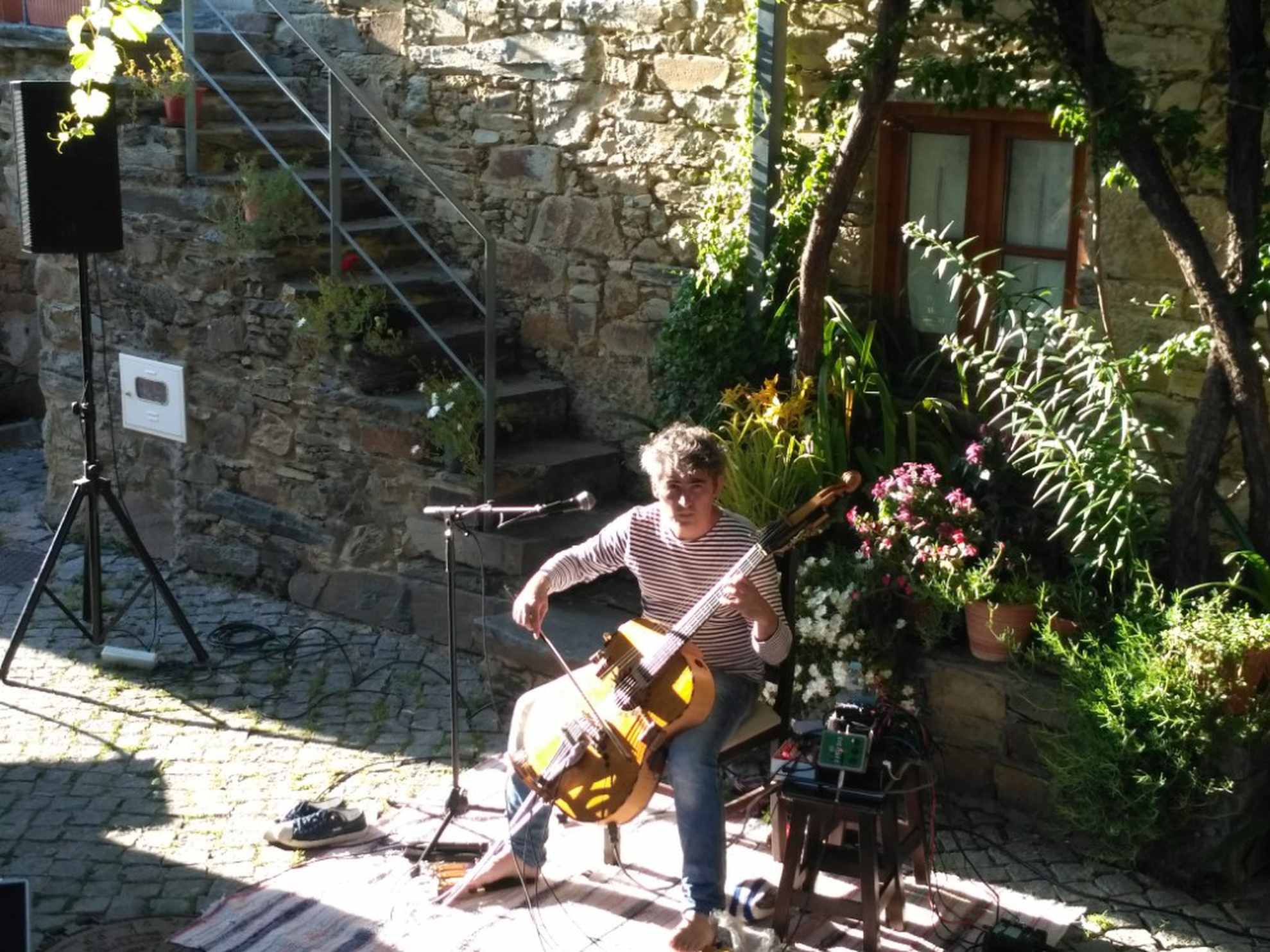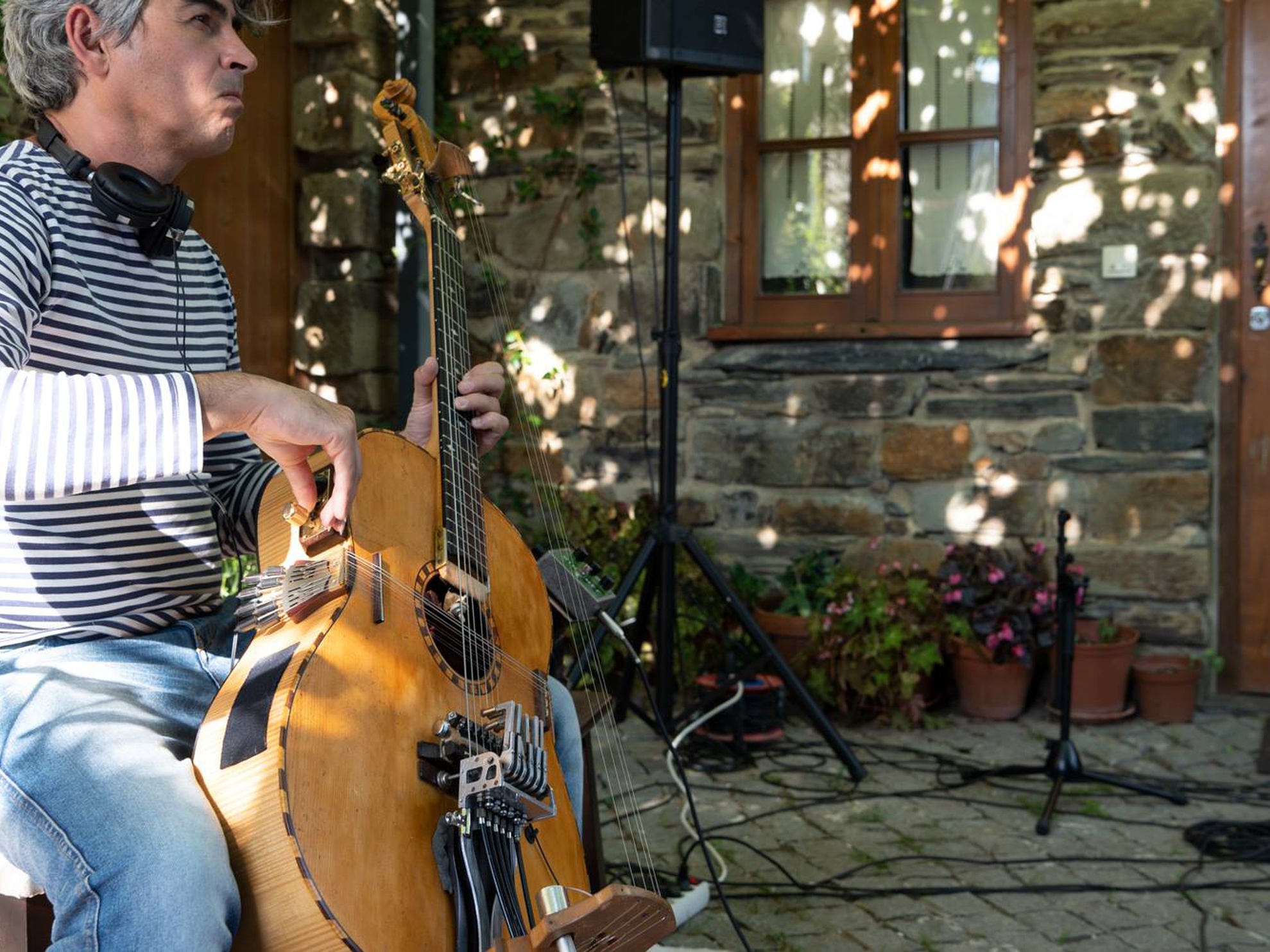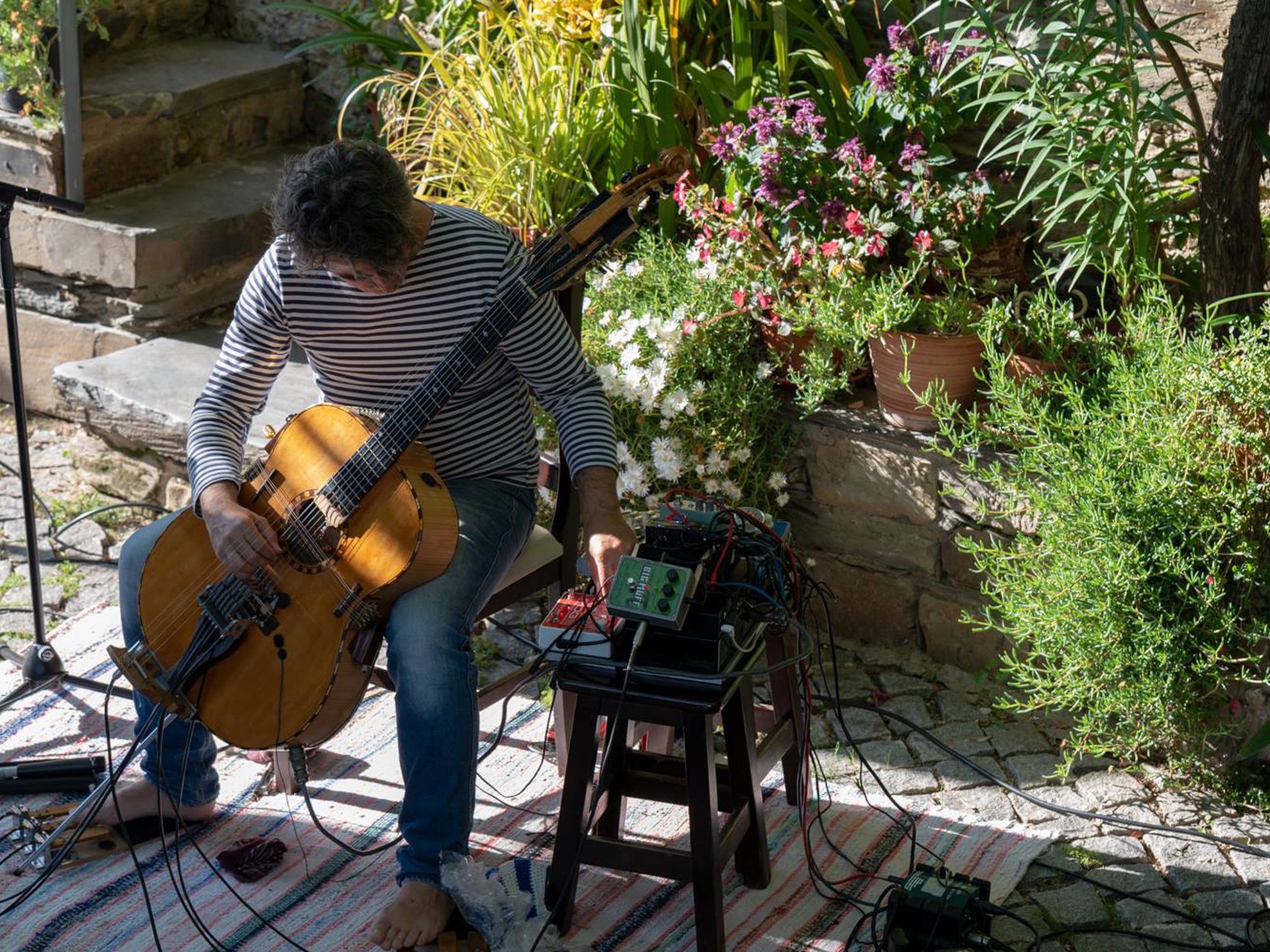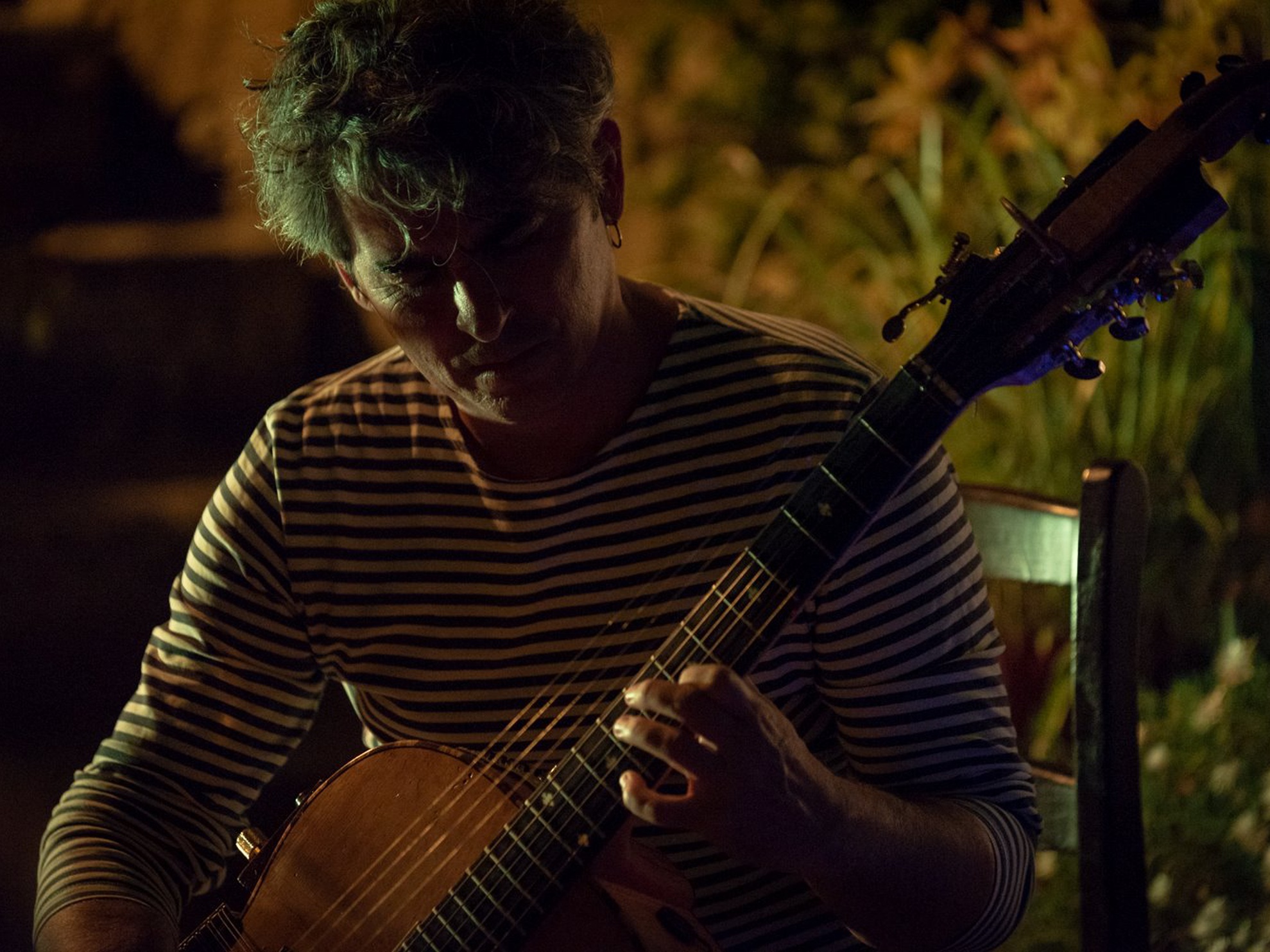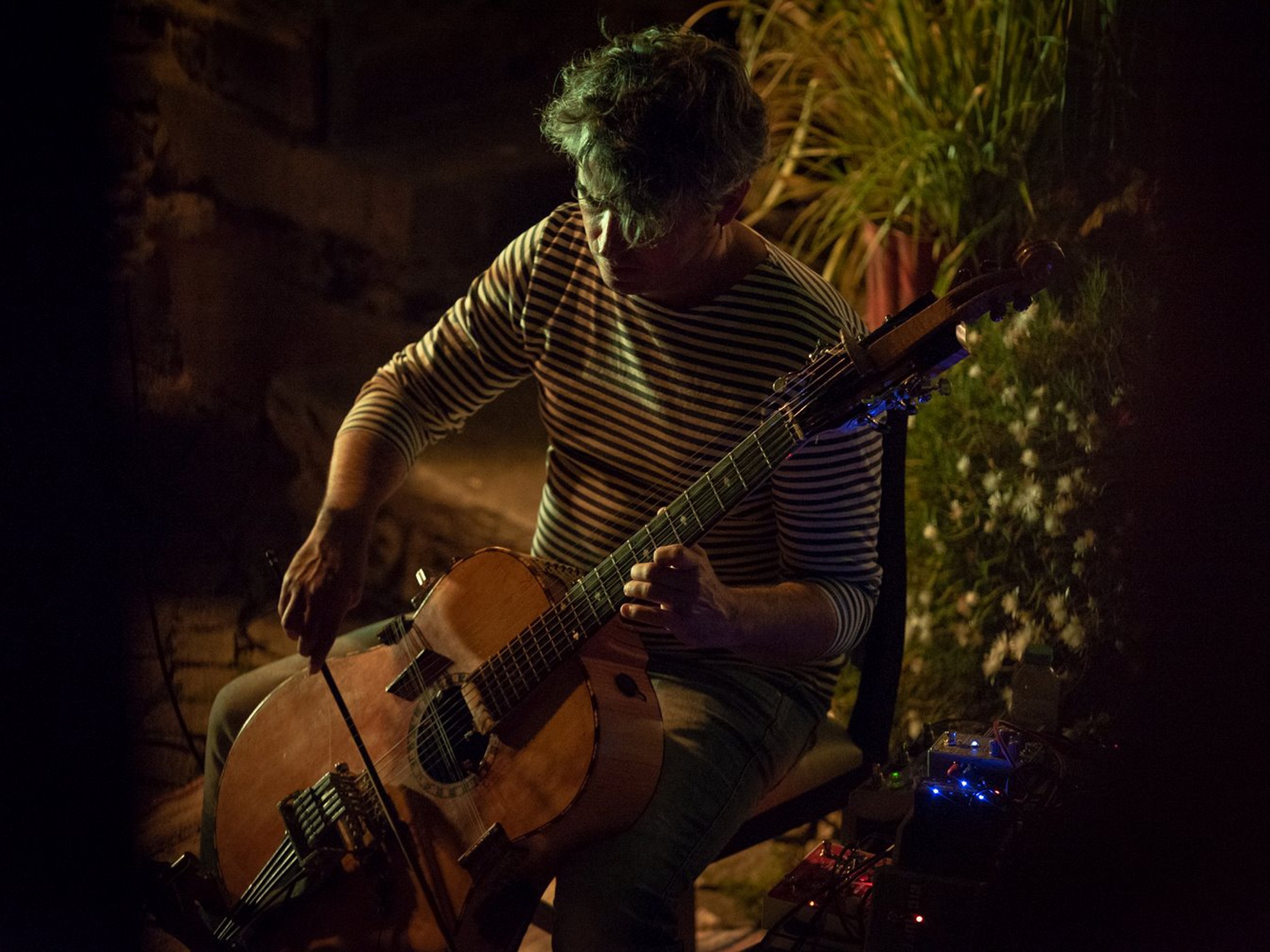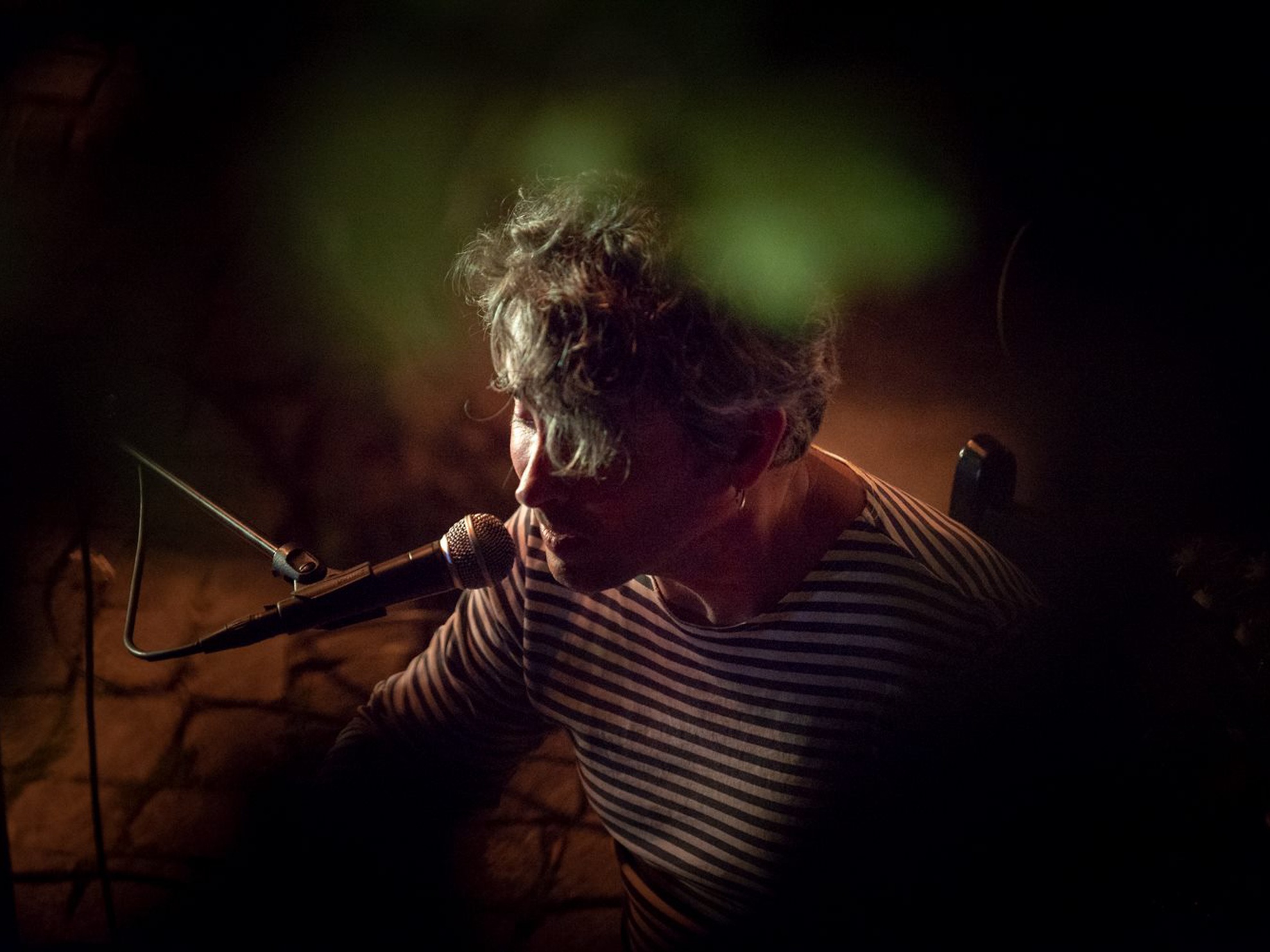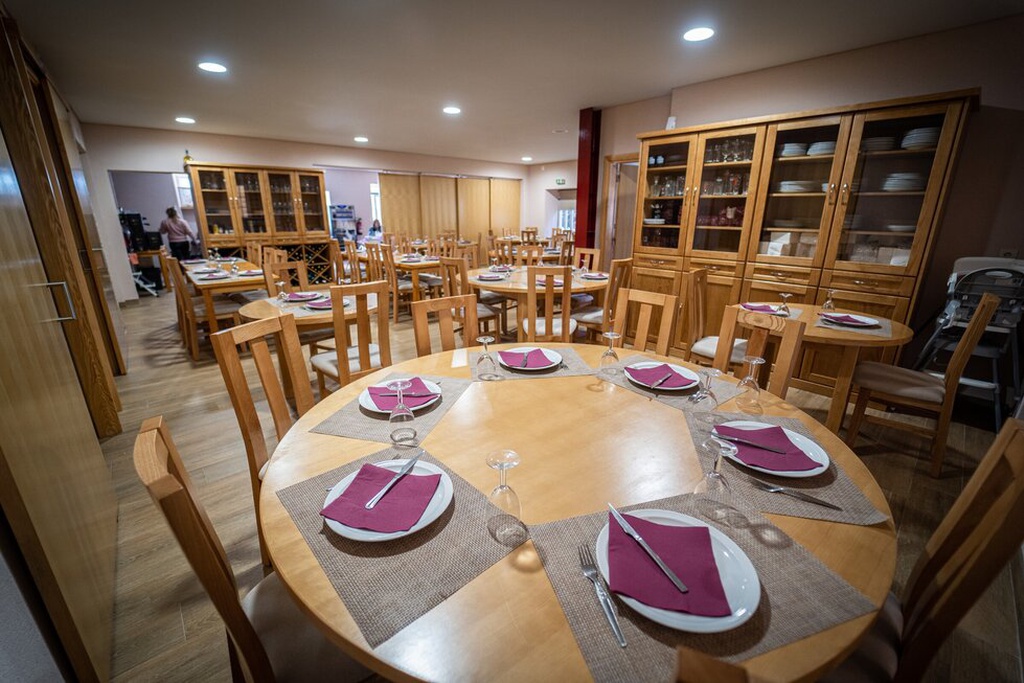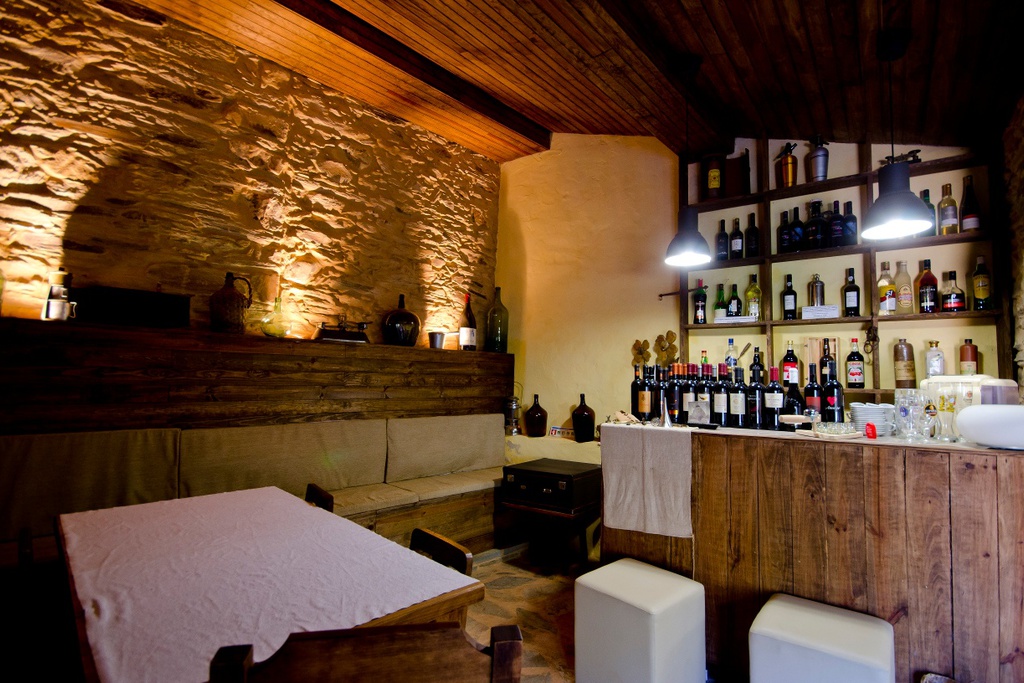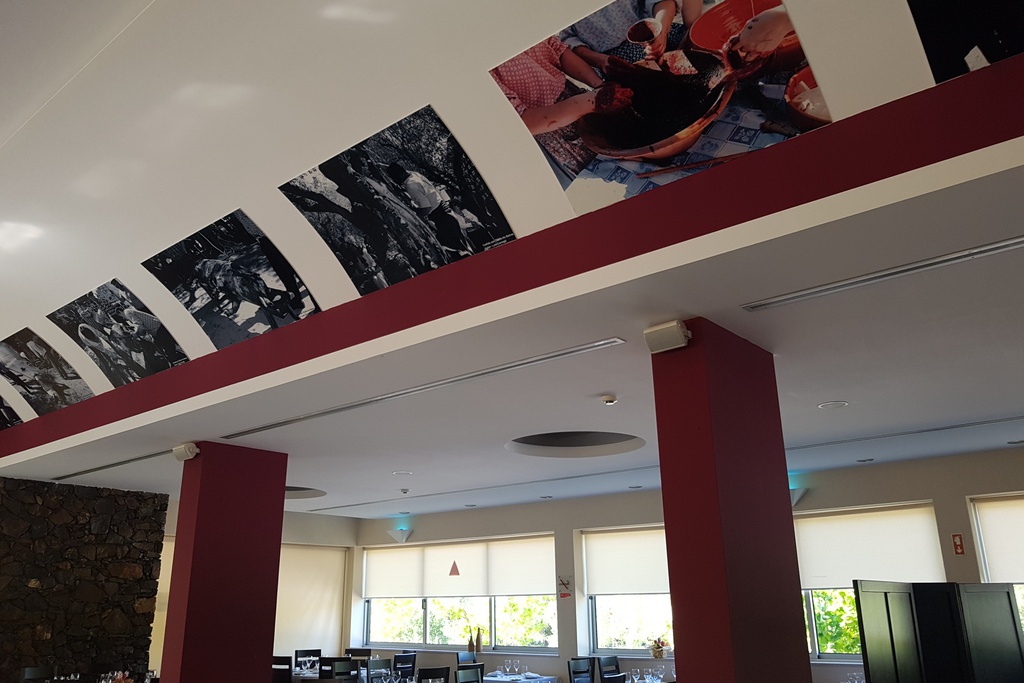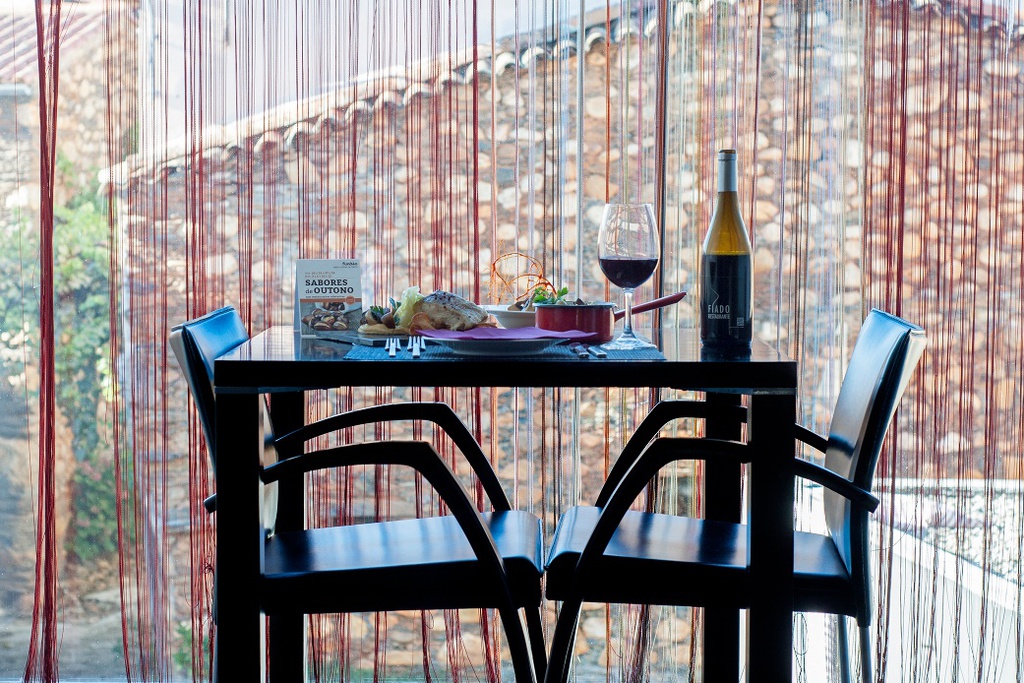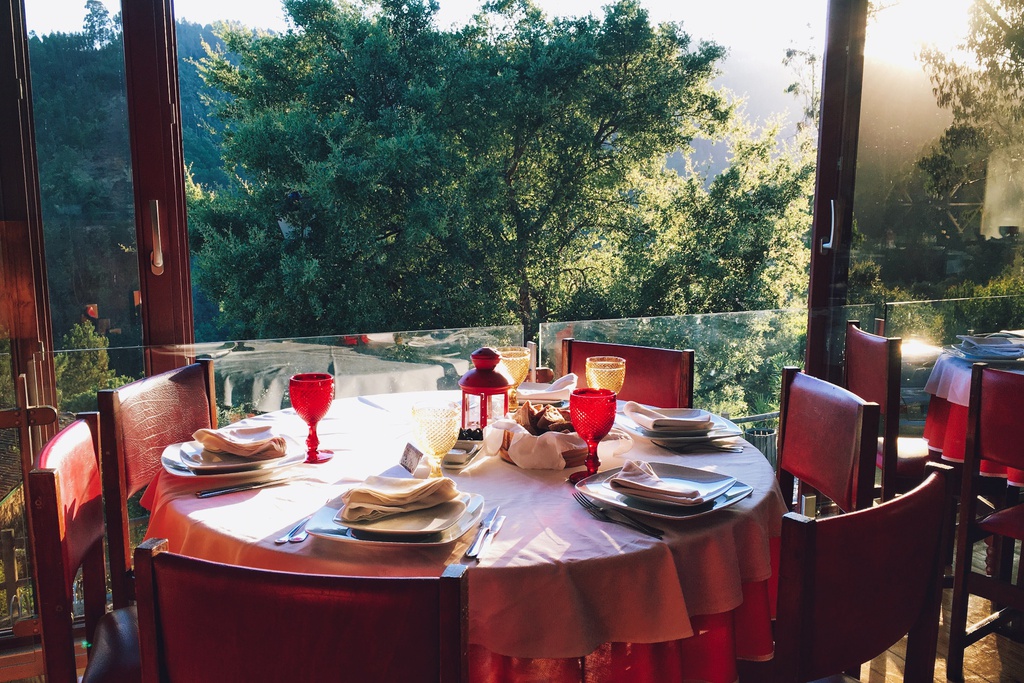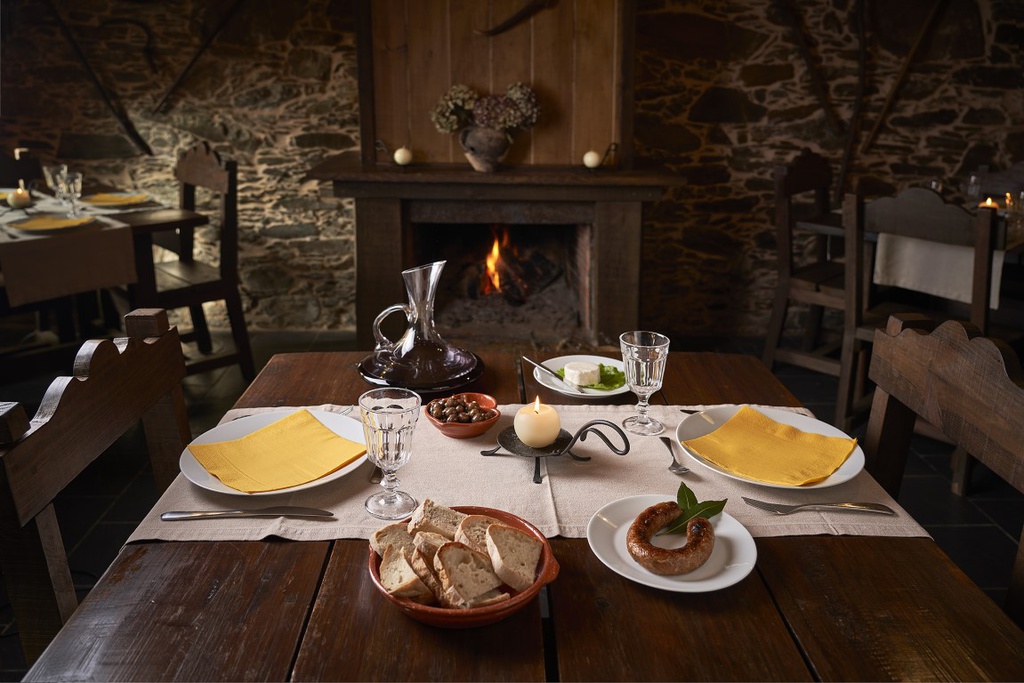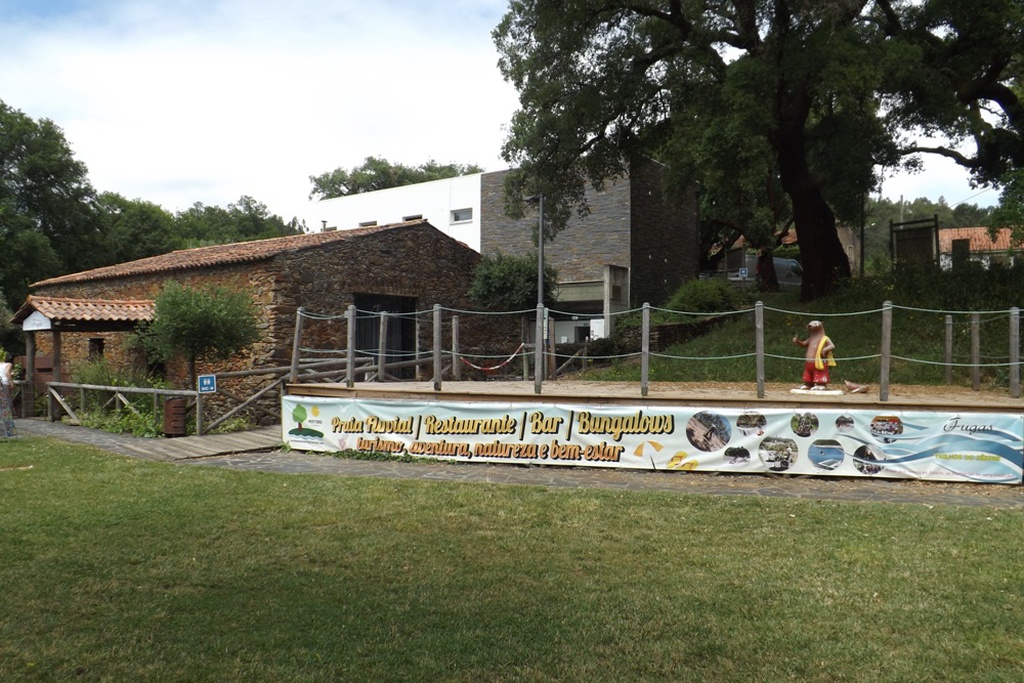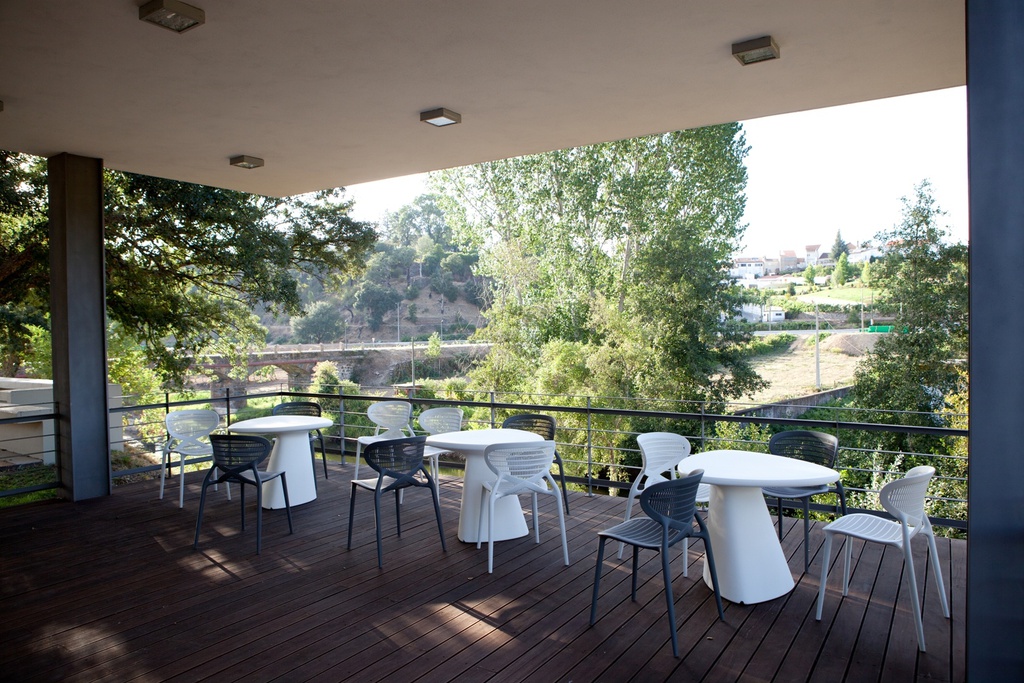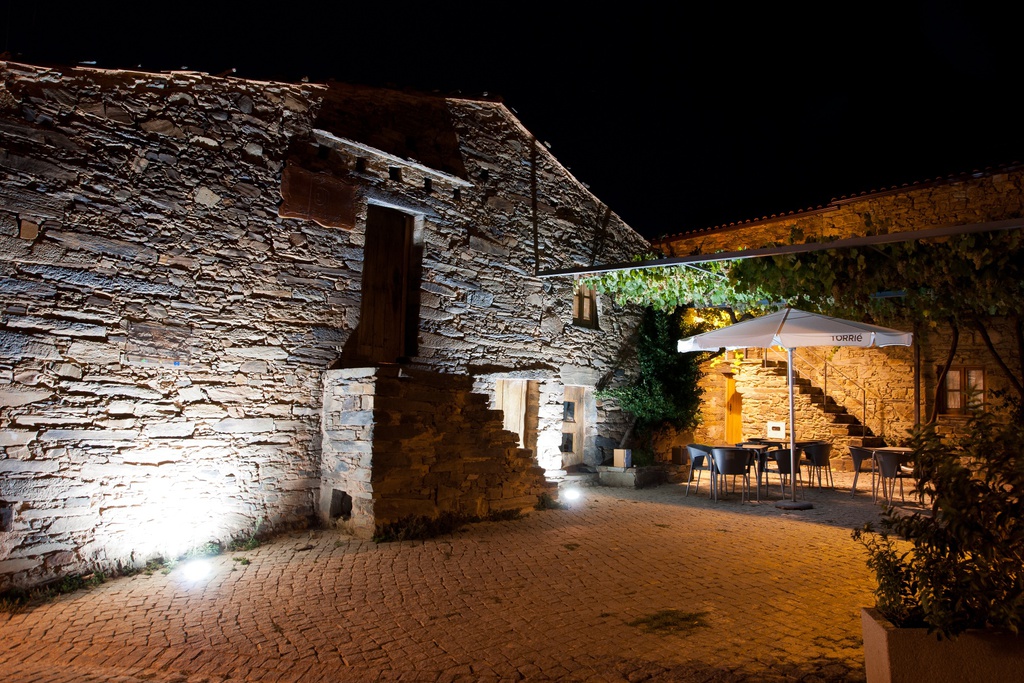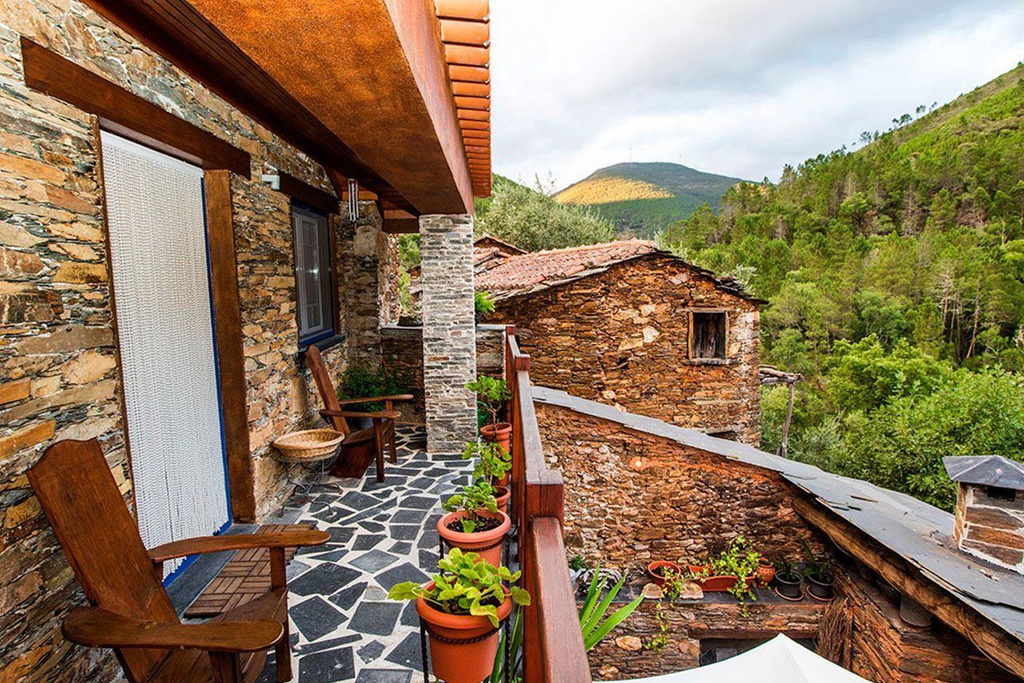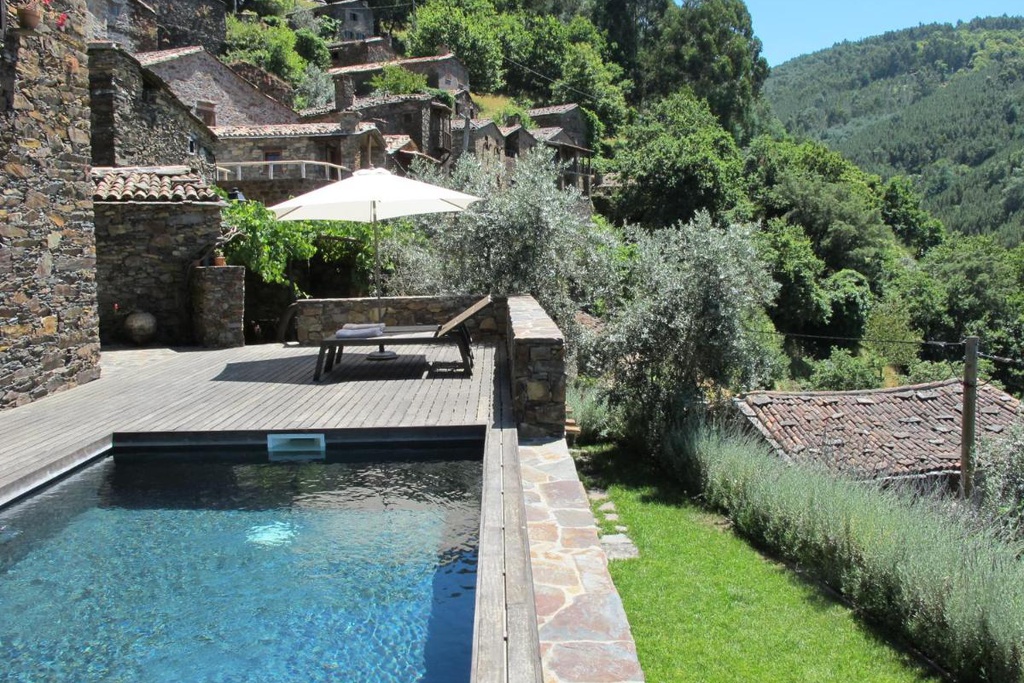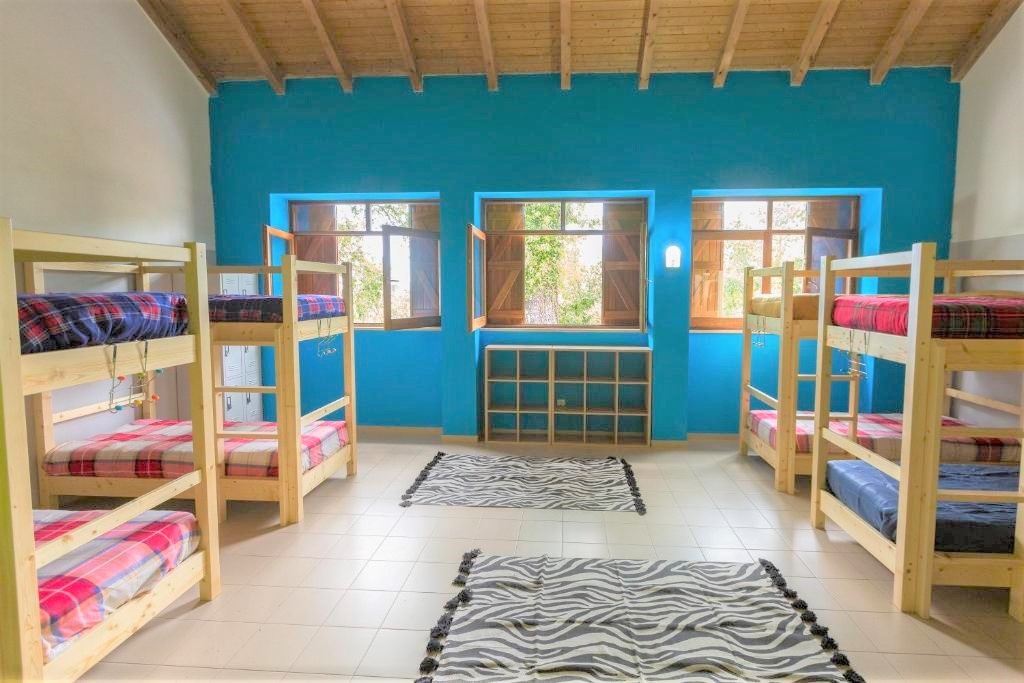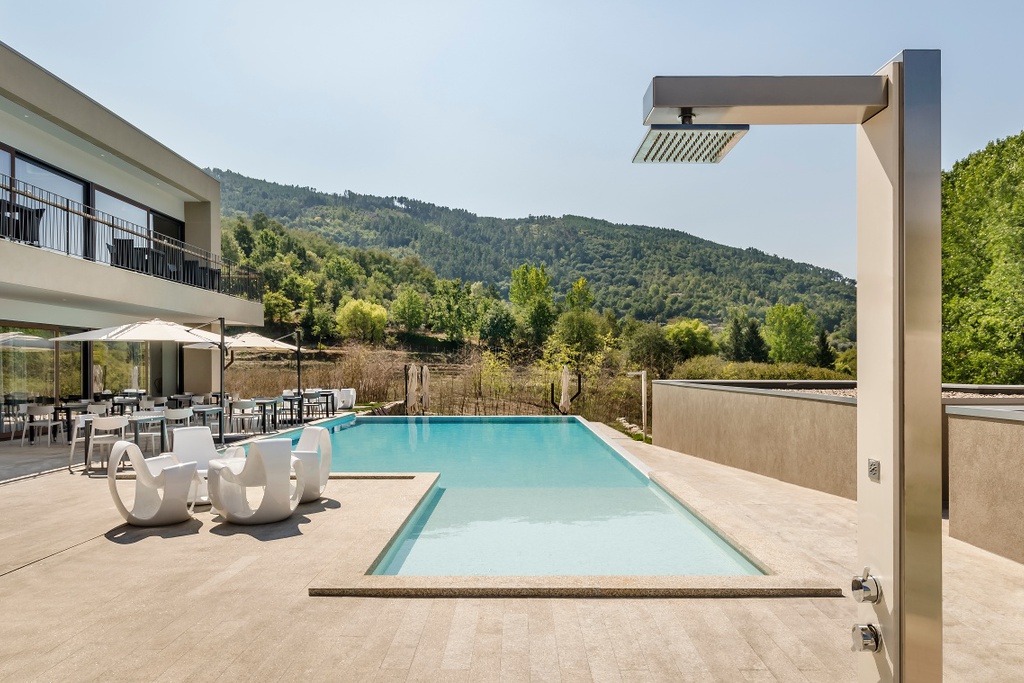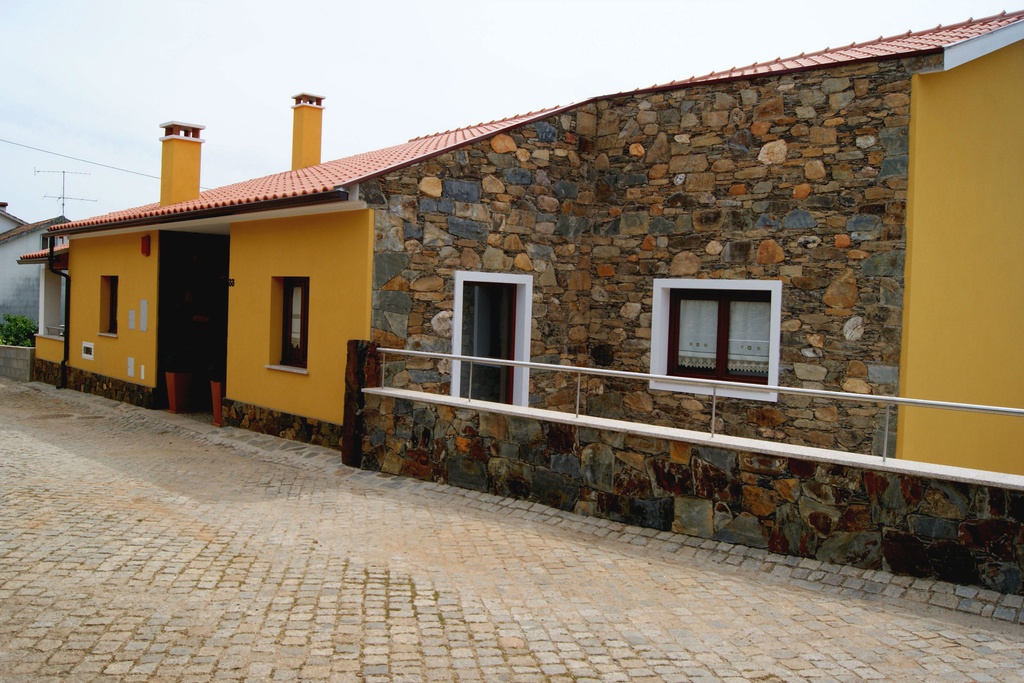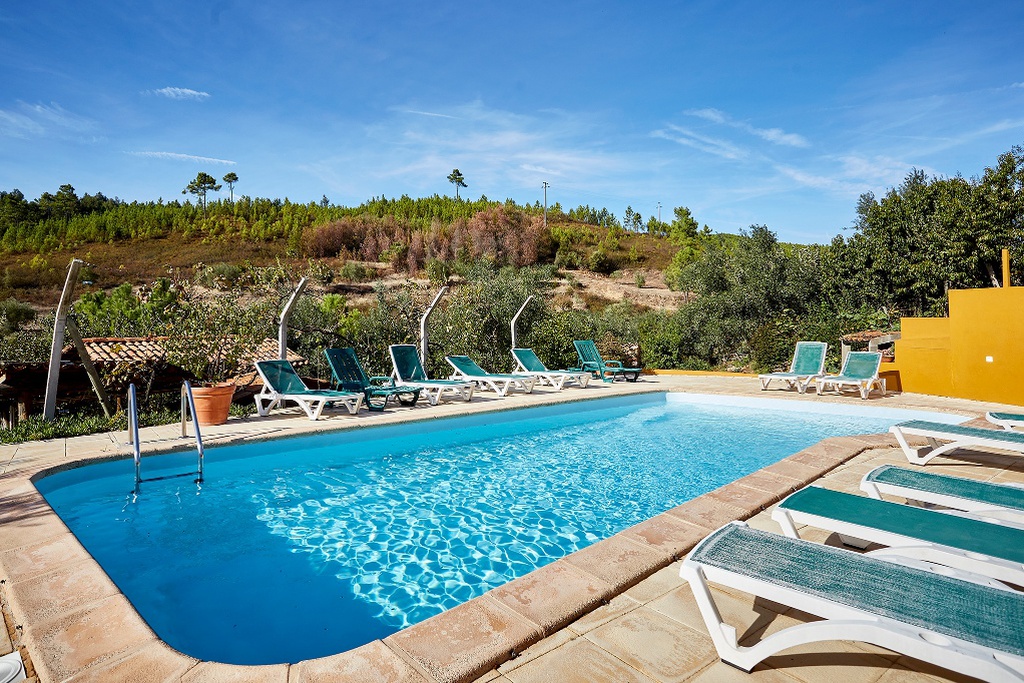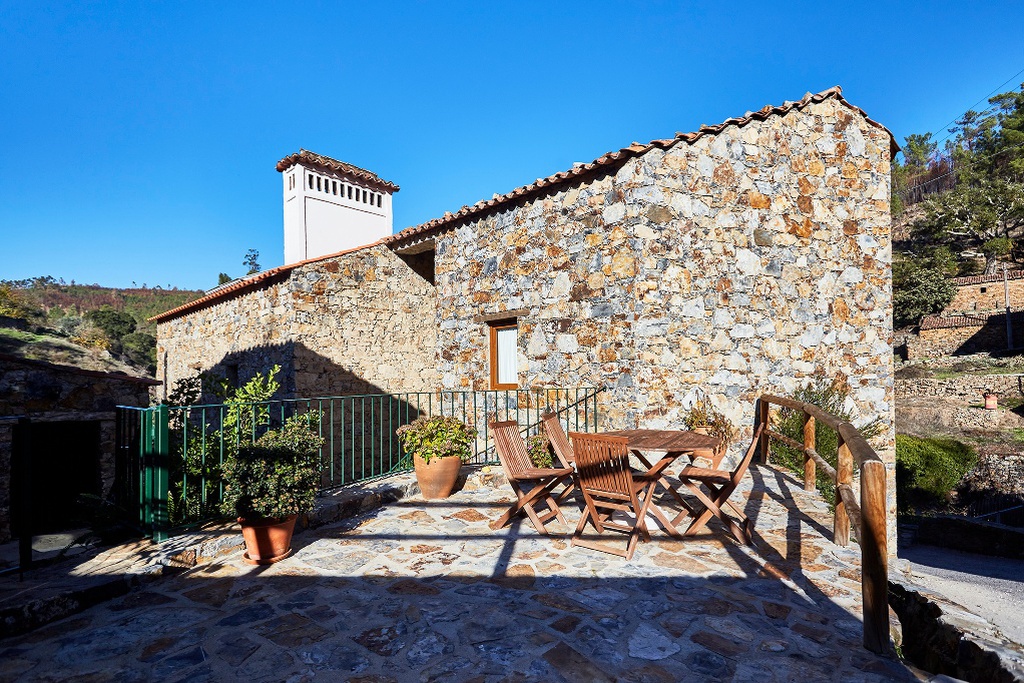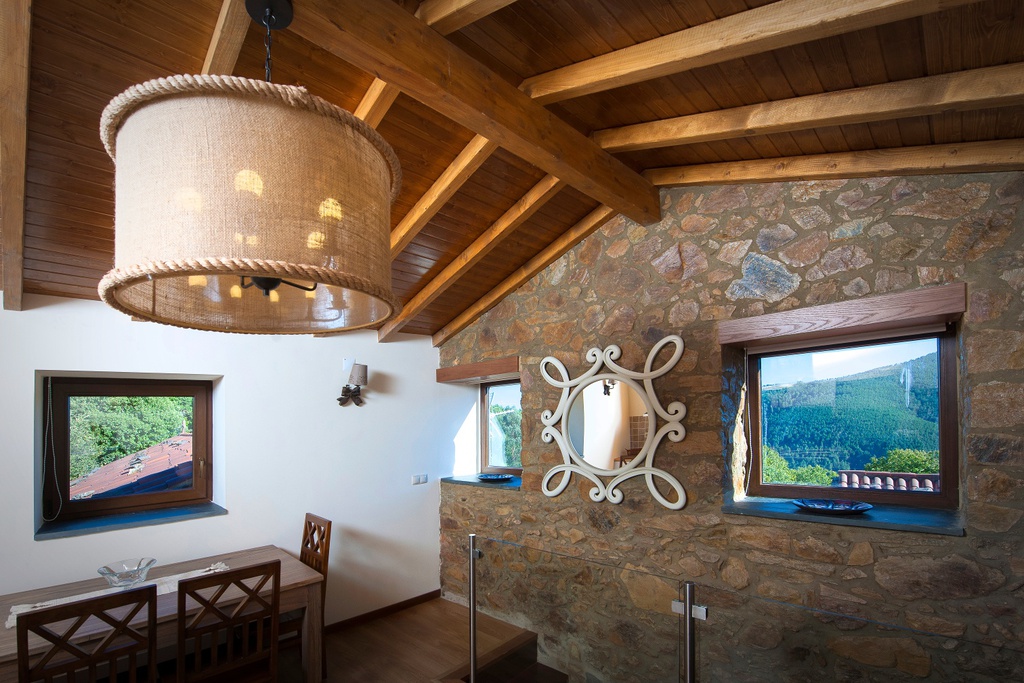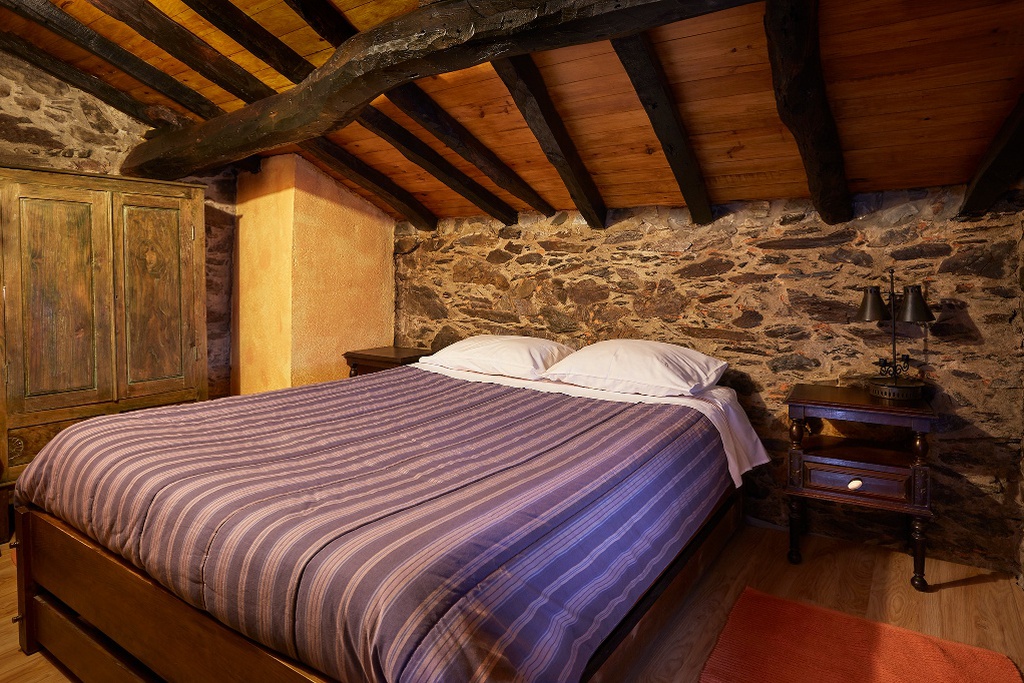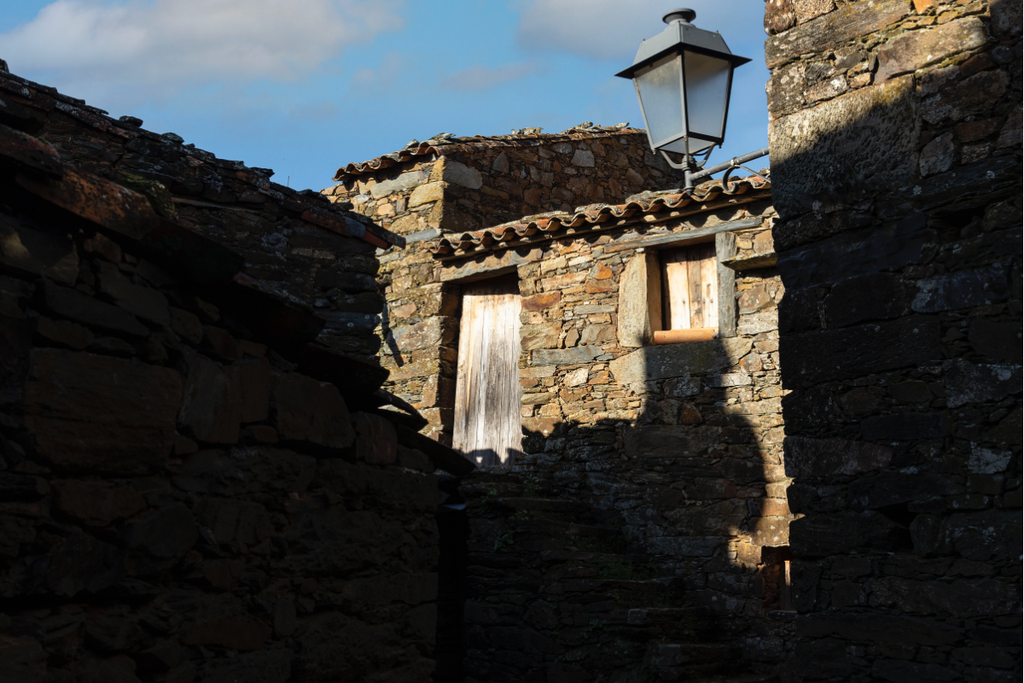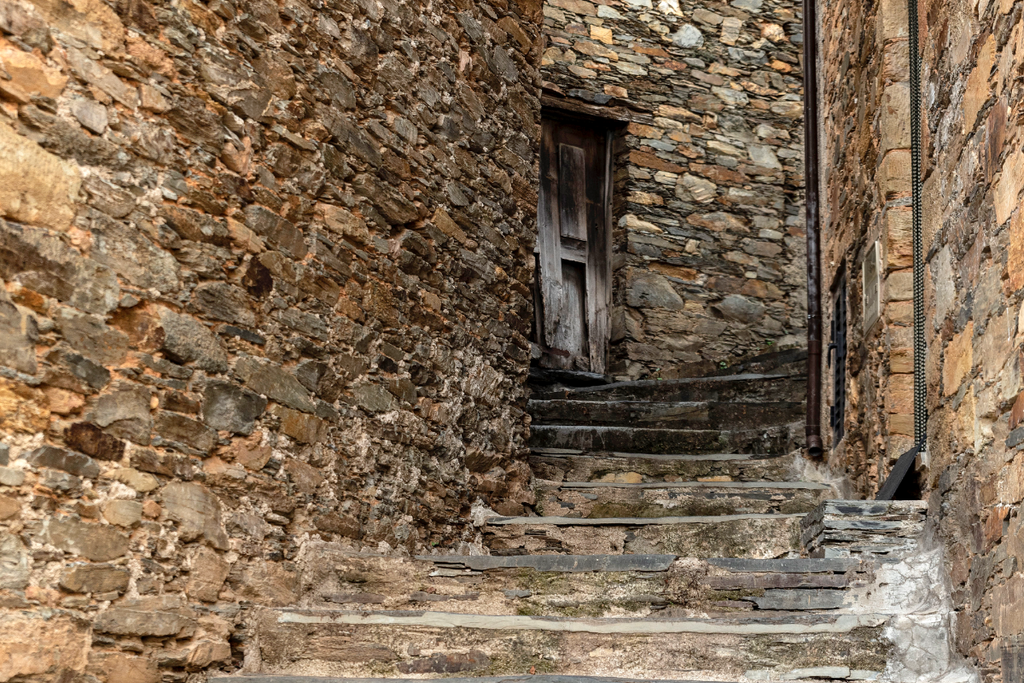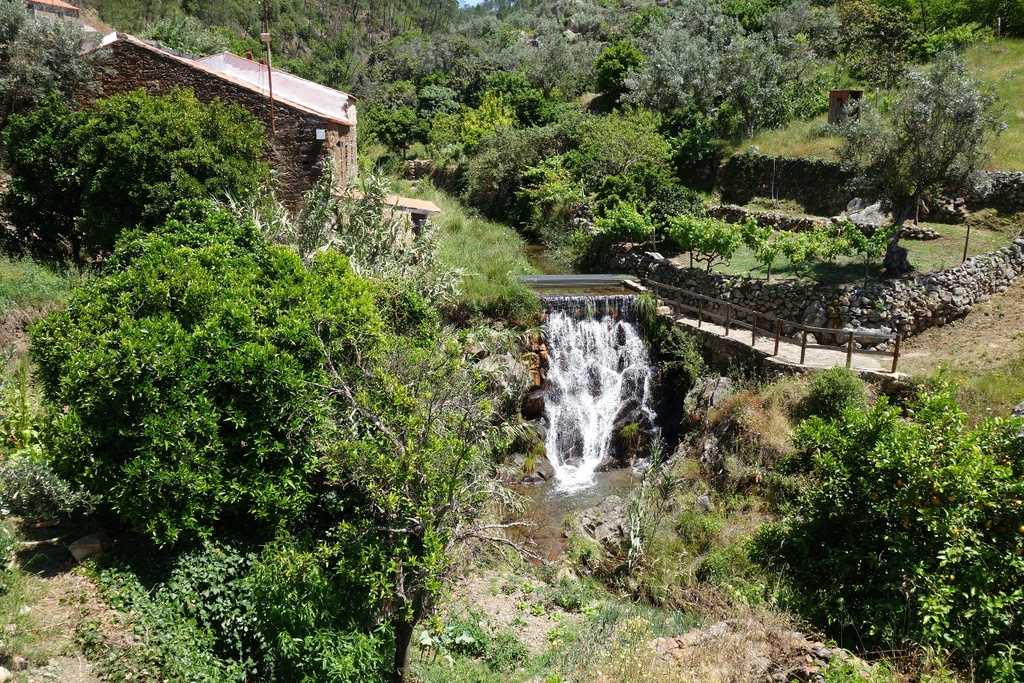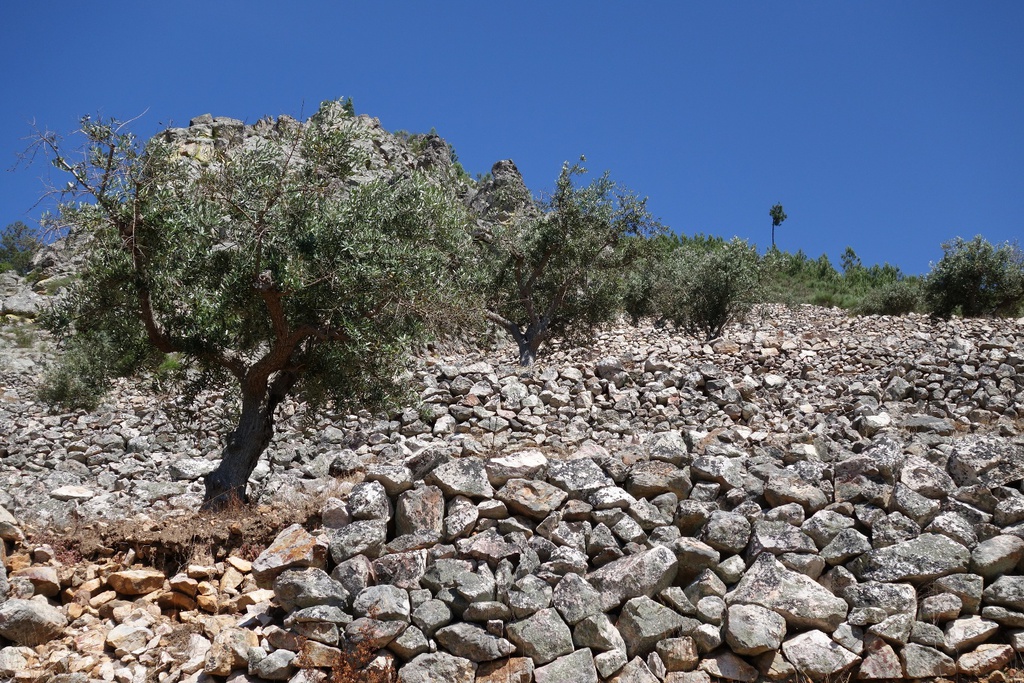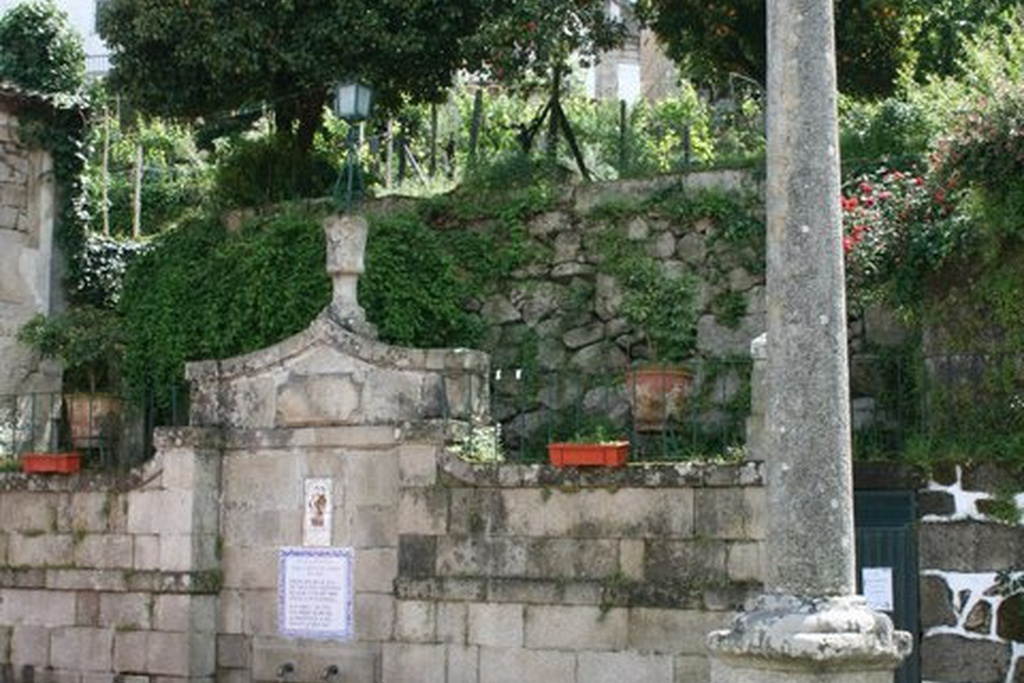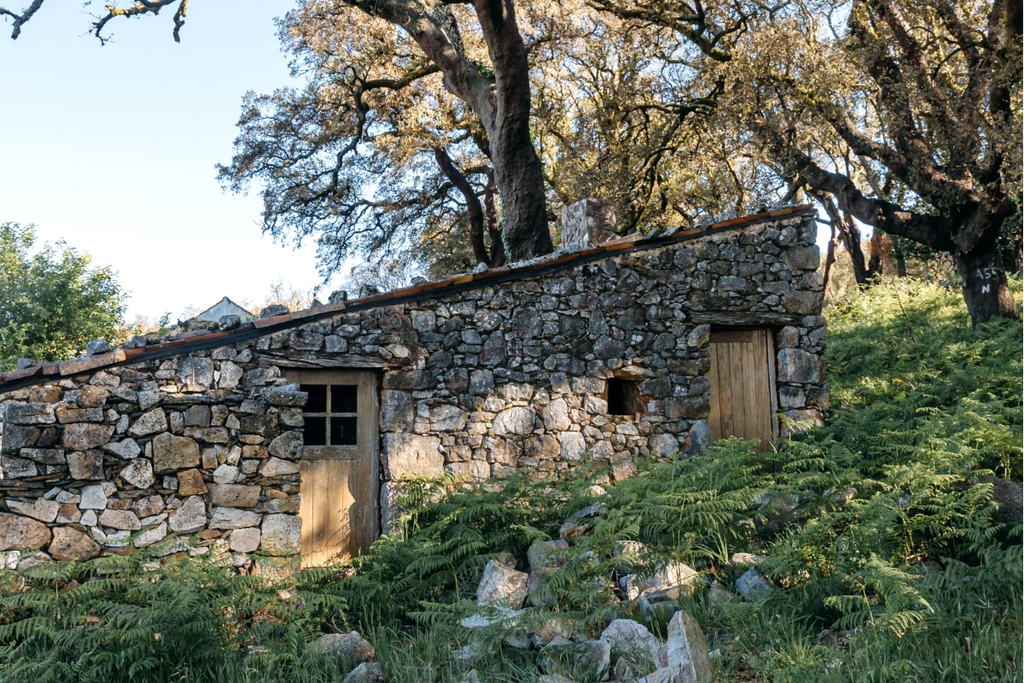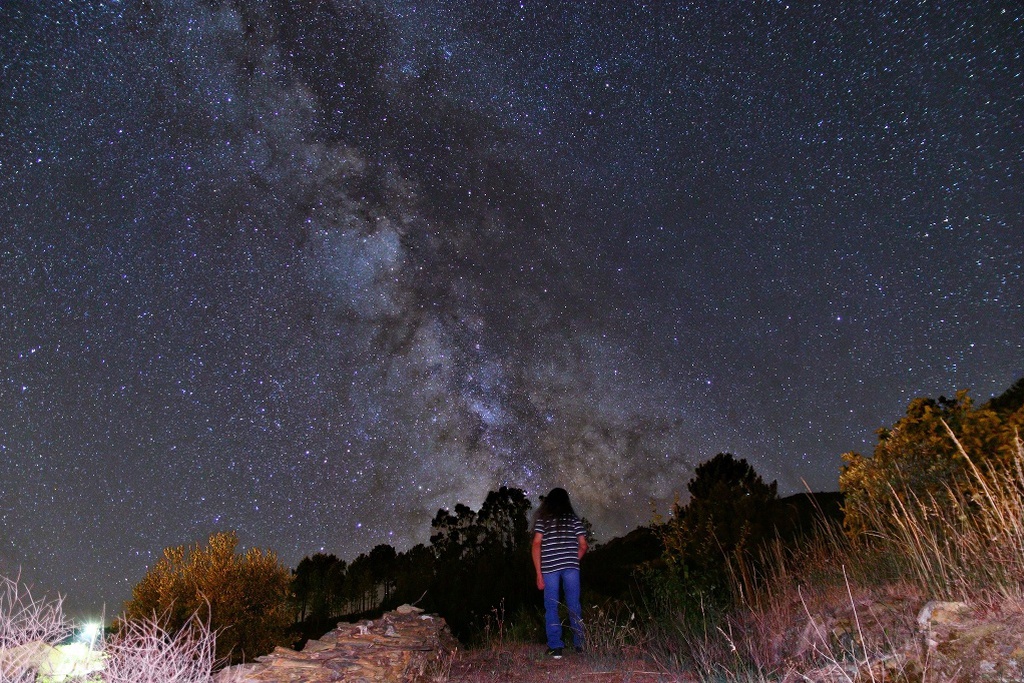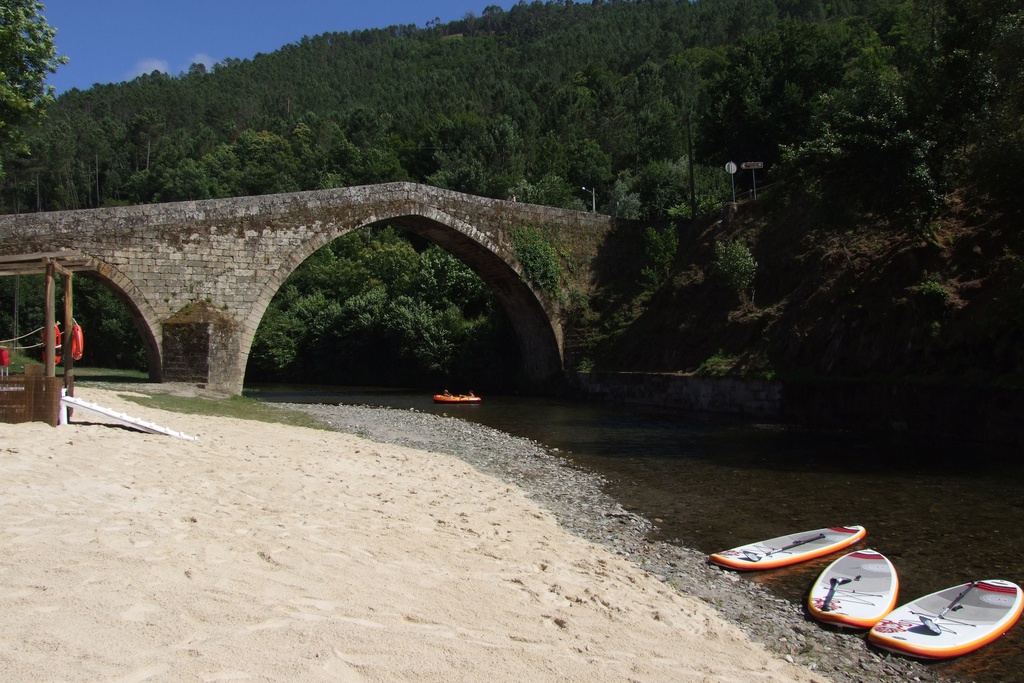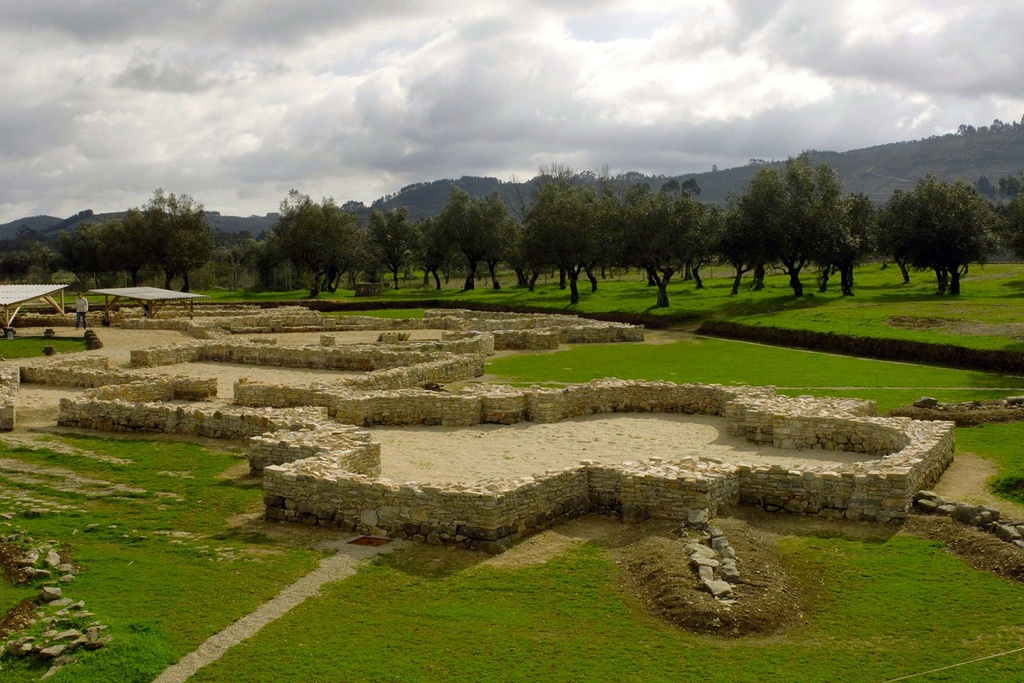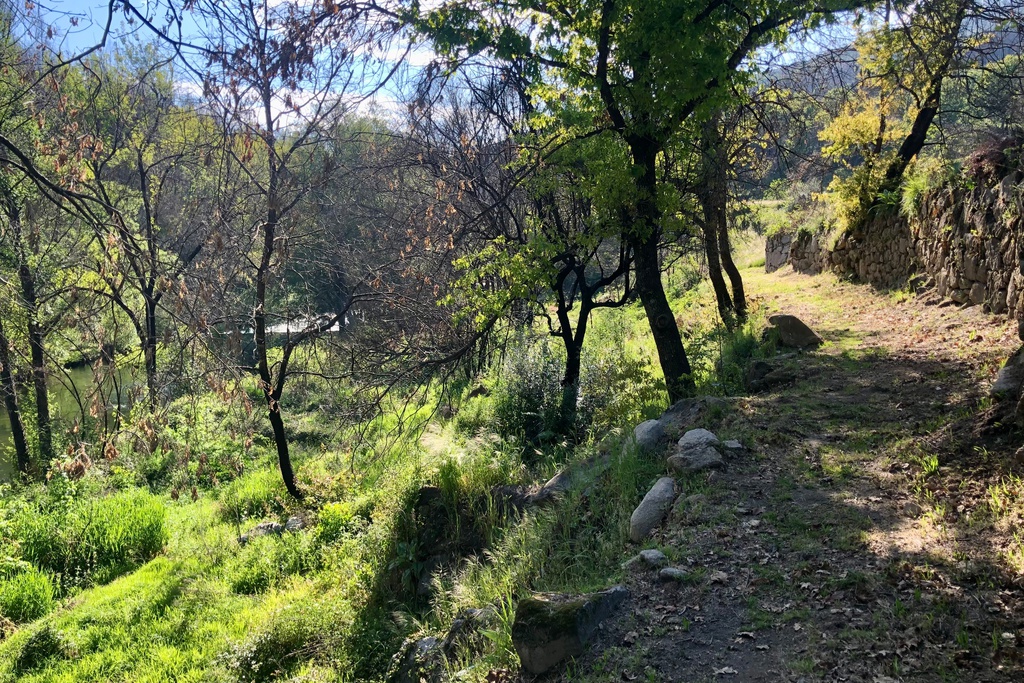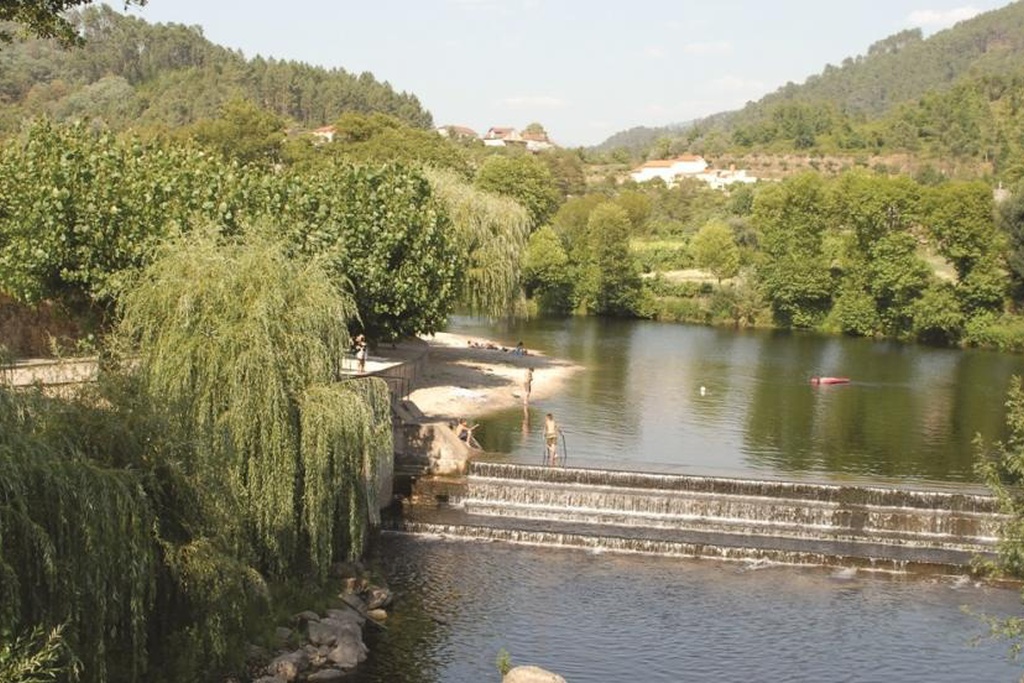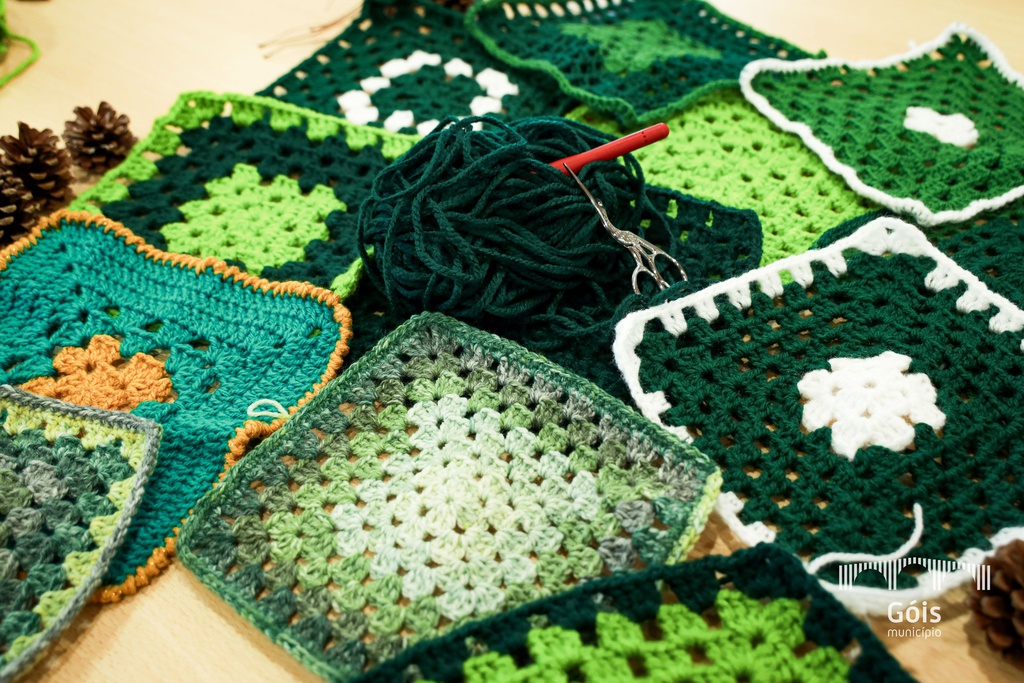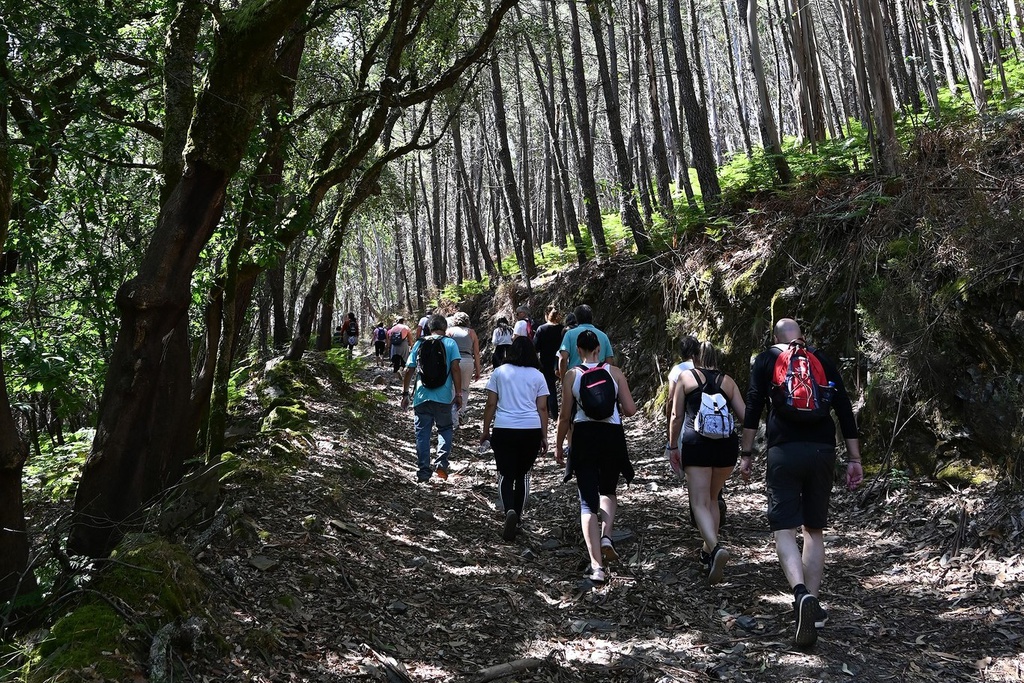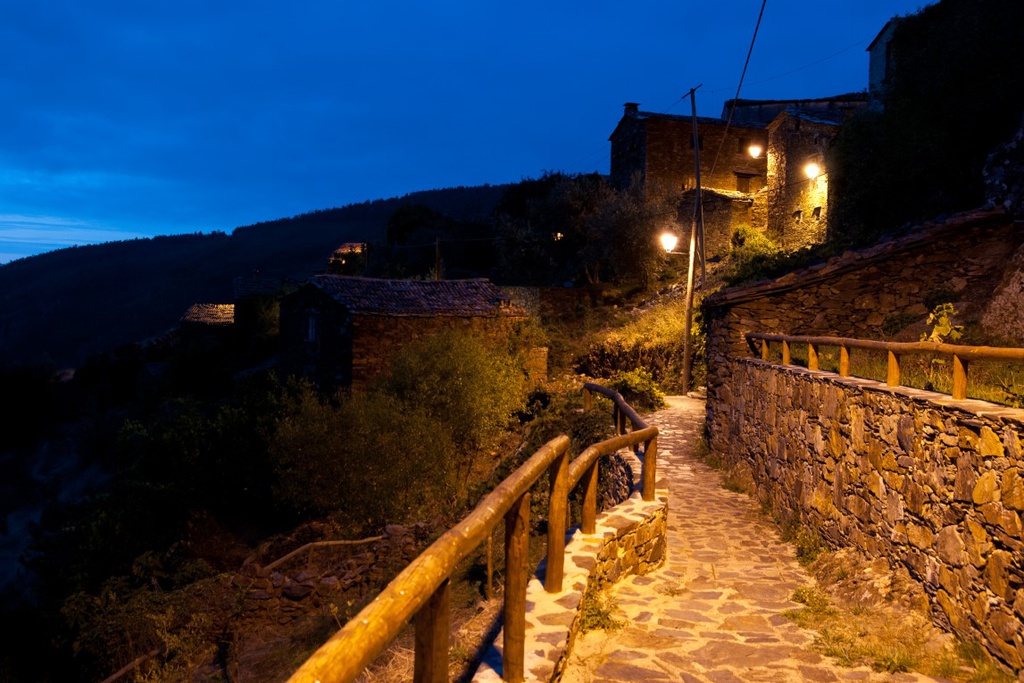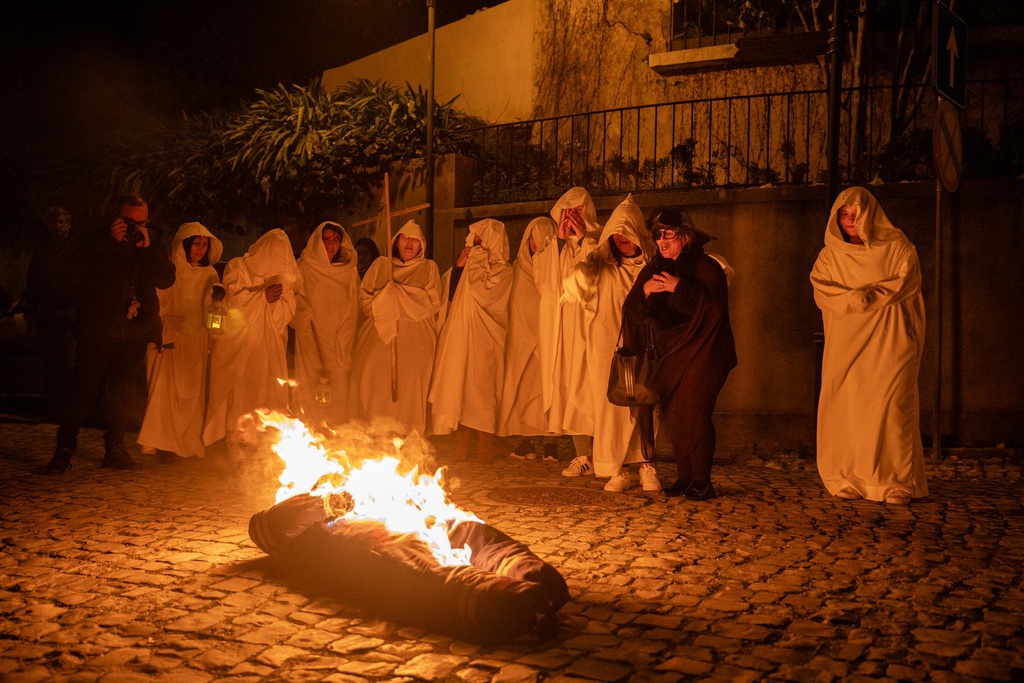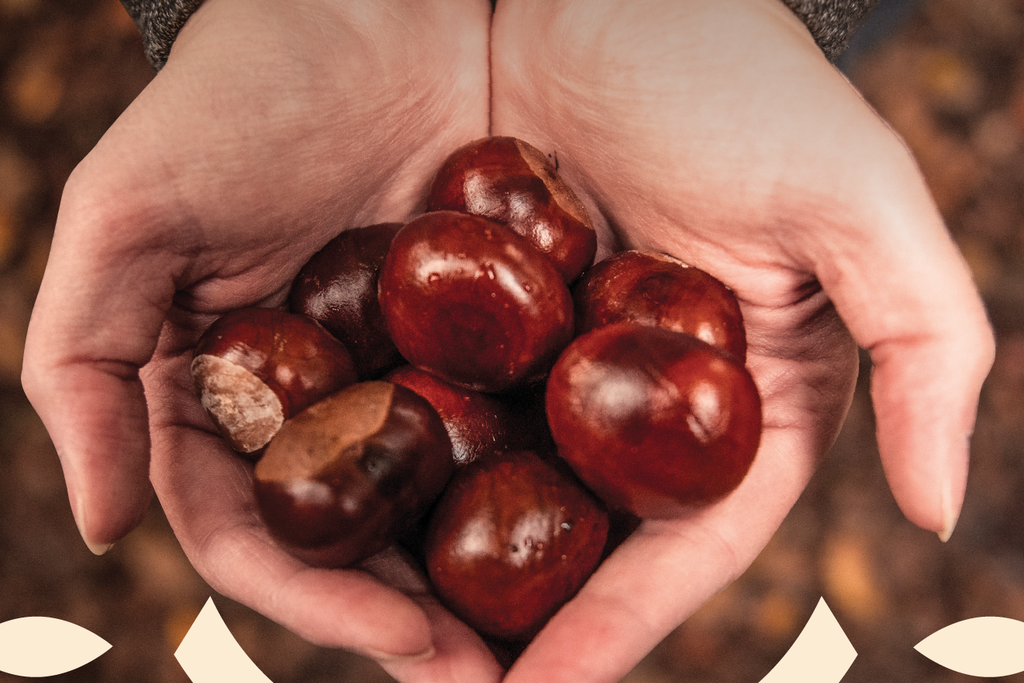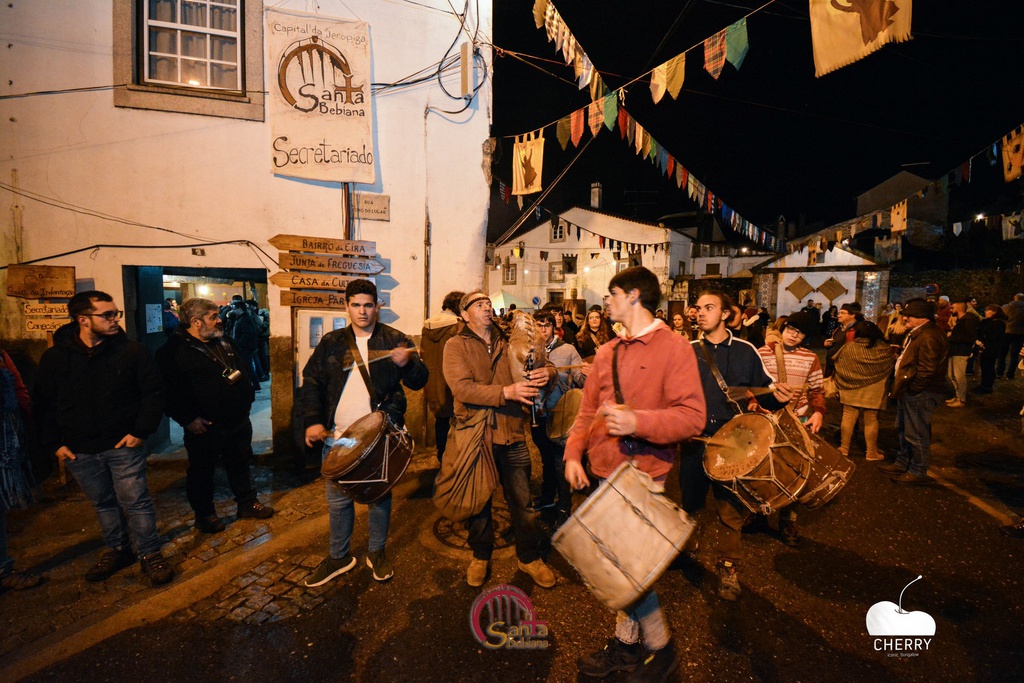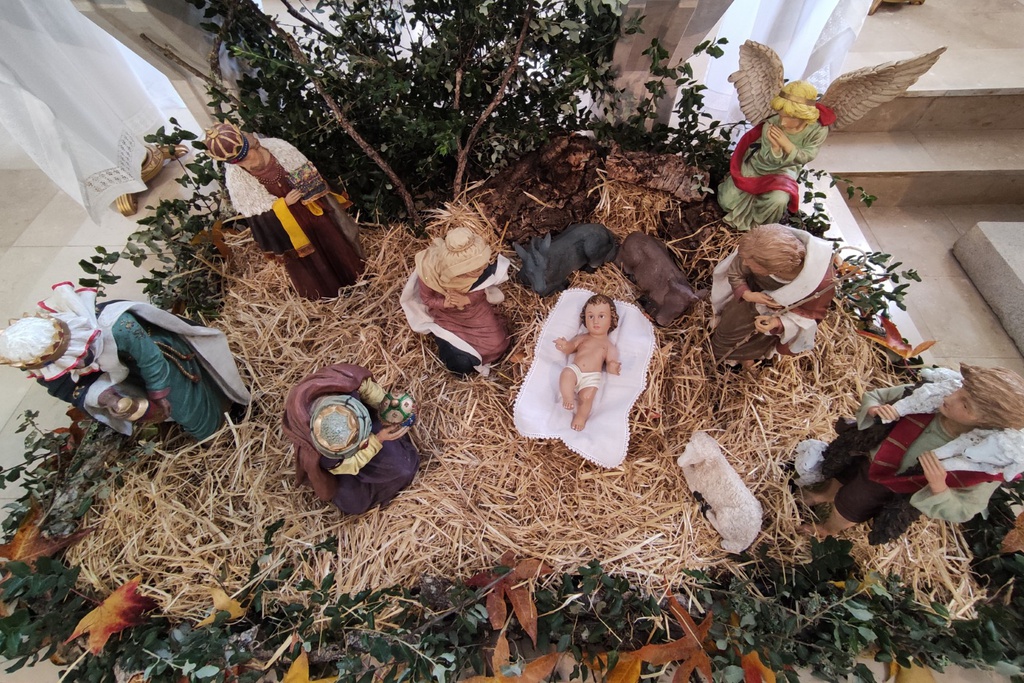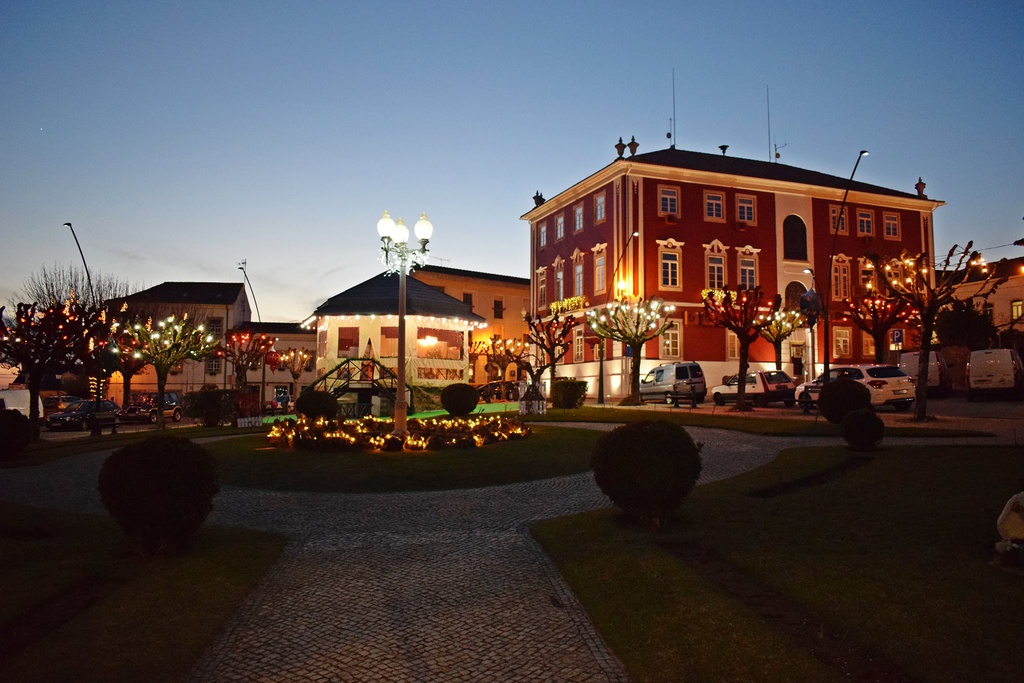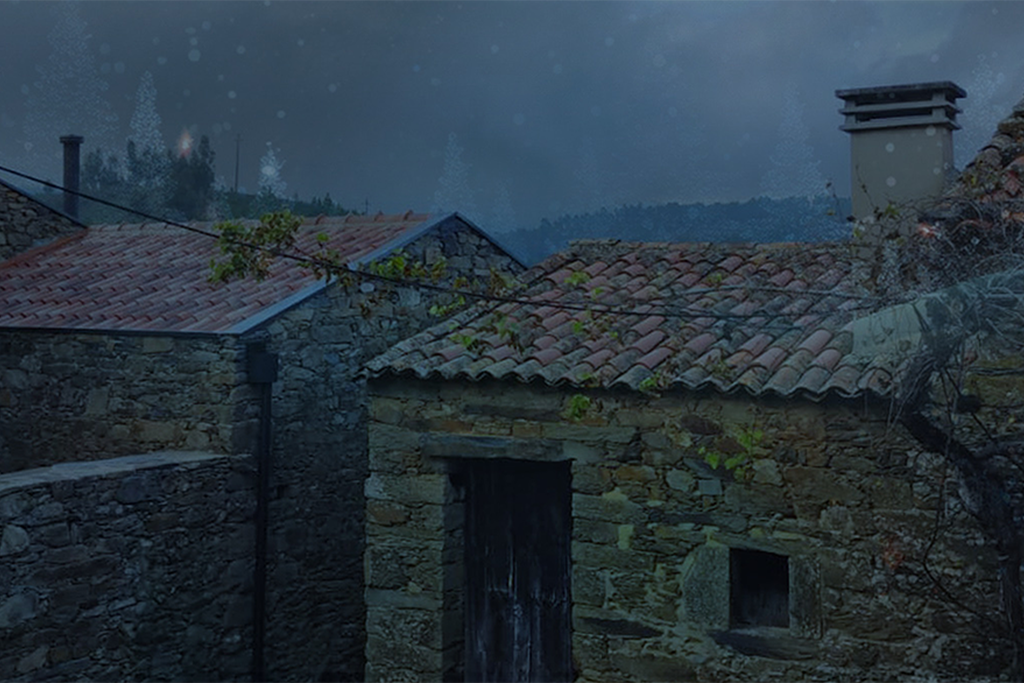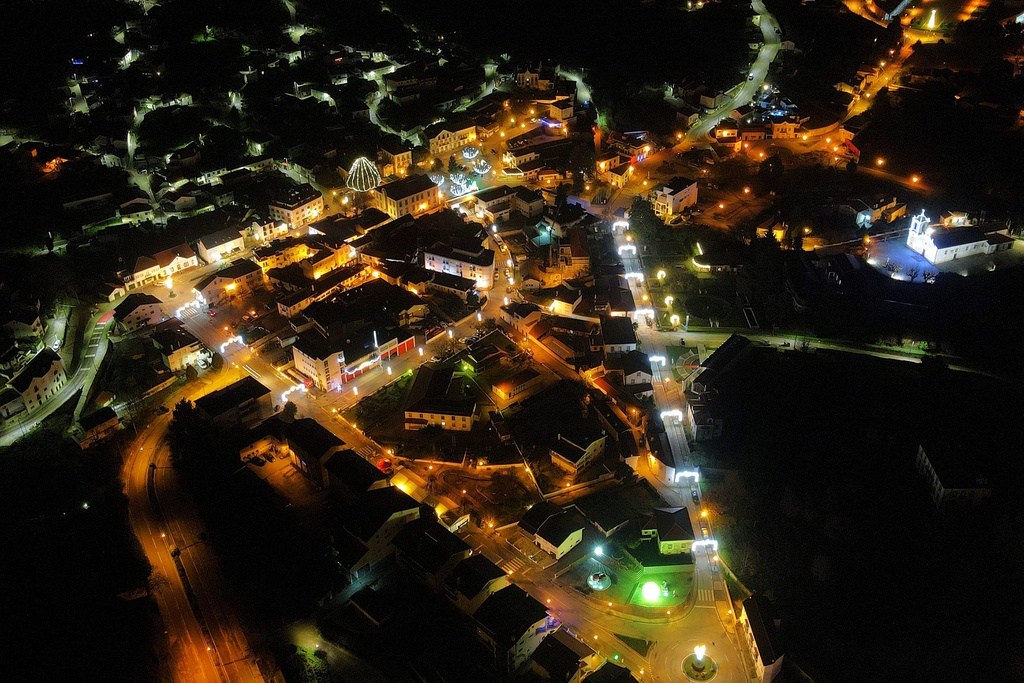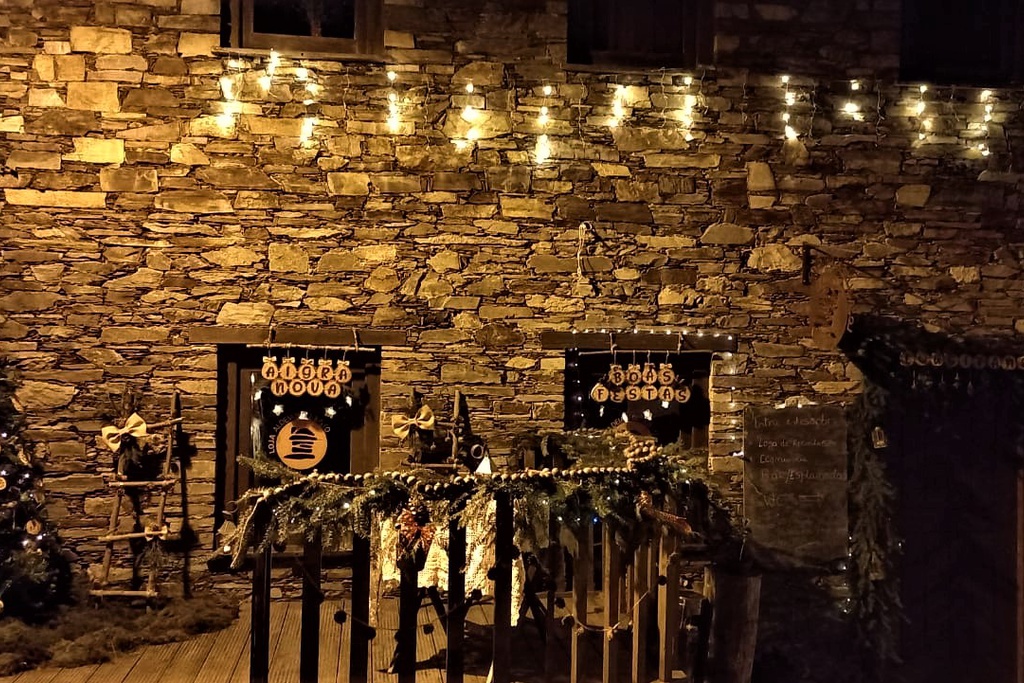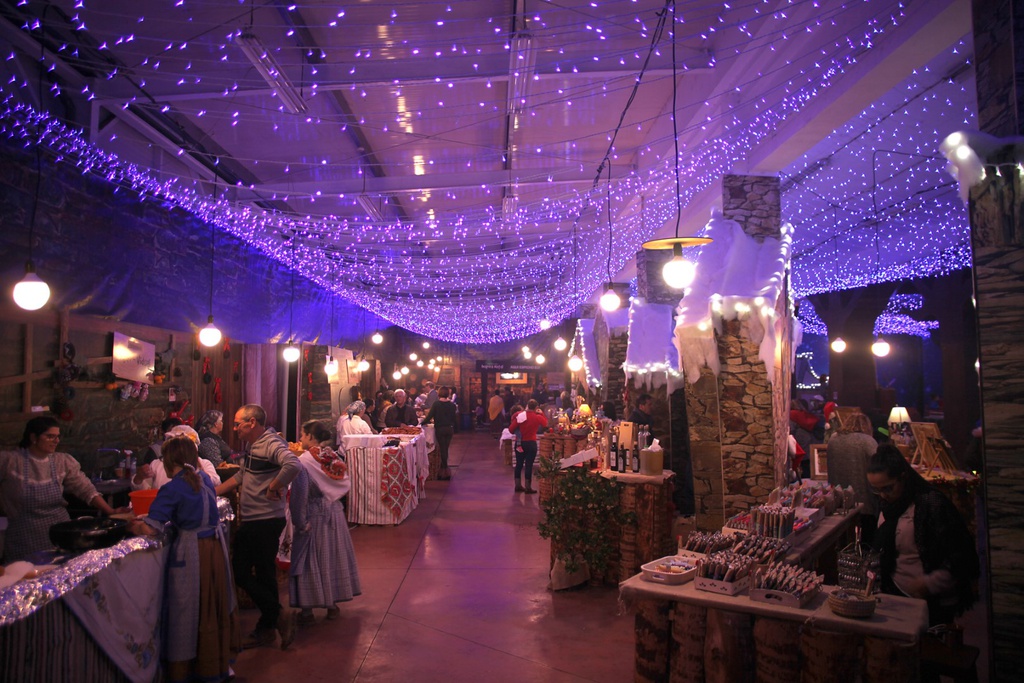The Aldeia do Xisto, Figueira usually has 19 inhabitants. But the number of people who gathered in the Ti’Augusta Patio on the evening of 16 June 2018 to hear and experience Paolo Angeli’s music was far greater.
The show formed part of the programme for XJazz- Encontros de Jazz das Aldeias do Xisto 2018, an initiative of ADXTUR - Schist Villages Tourism Development Agency and JACC - Jazz at the Centre Club, which runs until September.
In jeans, a blue and white striped shirt and barefoot. This is how the musician from Sardinia introduced himself to the waiting audience. In his bearing, a friendly, calm and serene air, of someone who is where he wants to be, with whom he wants to be and doing what he wants.
He smiled, waved, praised the village, “a very special place with many cats” that has “wonderful people”. He also jokingly praised the “light cuisine” that moments before he was able to get to know and taste in the Casa Ti'Augusta restaurant, where the highlights are delicacies from the Beira region, mainly made from goat meat, kid and pork.
Ready to begin, he sat down and, accompanied by his ‘improved’ Sardinian guitar, he began the concert.
A soft music that suddenly intensifies, from melodic to electric, and strident. Sometimes it invites us into a restful sleep, sometimes it encourages us to wake up and puts all our senses on alert. Again and again.
In short, it was a surprising show: in the way Paolo Angeli interacts with the guitar, which he has been personalising over the years, by the different rhythms, by the elements he introduces during the concert - such as clip springs, a business card, an aluminium lid for a dishwasher - and which allow him to discover and experiment with new sounds.
The Sardinian guitar, experimentalism and Pat Metheny
Experimentalism is the main feature of this musician’s work. Taking traditional Sardinian music, Paolo Angeli “invents ways to express himself”, explains José Miguel Pereira from JACC.
“Paolo Angeli is a very special musician, with music of a very unique character. Tradition provides a very strong base, reflecting the culture of Sardinia, but it has absorbed several influences. It’s not easy to catalogue his style”, he adds, concluding that “it’s almost a metaphor for the Aldeias do Xisto". In other words, he looks at tradition and preserves it by innovating and making room for experimentalism.
Proof of experimentalism is the guitar from Sardinia which accompanies the musician and which is as much the protagonist as the music itself. It has more strings than usual, which allows it, for example, to be played as if it were a violin. It is connected to pedals by bicycle cables, it has metal cables that recall the sound of batteries, and two pins, one reminding us of the sound of a mobile phone vibrating and the other is reminiscent of the sound of a Walkman working.
Already after the concert, Paolo states that the idea of adapting a guitar to his style came about in 1996, in a conversation with Pat Metheny.
They ordered a guitar for each and, since then, Paolo has been progressively making transformations. “Simplicity is the basis of my everyday life, but in music, I delight in complexity”, he says. For him, ideas are executed by artisans. “It’s a job that takes a long time”, because one has to “learn how to use and take advantage of each transformation”.
The sheer number of elements to his guitar and that, at the same time, he introduces throughout the show, leads to another question: how do you keep your concentration? Paolo uses his feet, his hands, his voice, sometimes everything simultaneously and makes constant adjustments.
He explains that initially it was “very difficult” to combine all these elements. “Now it is very instinctive and natural”.
Alignment defined by the environment
Also natural is the line-up of each show. He lets himself be carried away by his surroundings and says he likes to look people in the face who look at him and understand their reaction.
He says that some time ago he was going to perform in New York. One of those so-called important shows. He therefore felt he had to define when to do what. To no avail. In the moment, when he looked at the audience, he decided he had to do as he always does and make room for improvisation.
He has about 5 hours of recorded compositions that allow him to follow various paths and thus make each show different. As the concert goes on, you do whatever occurs to you.
“It’s very different from place to place”, he says, exemplifying with the concert he gave the previous day in Porto. “It was very urban, industrial. There was a lot of noise”. Explanation: At the time of the show, Portugal was playing Spain in a World Cup match.
Even if you don’t like the music, it is difficult, not to say impossible, to remain indifferent to the creativity and versatility that he demonstrates throughout the show.
Winning over the public
“The experience of seeing artists in this type of area is unusual and shows that they are as good places to host this type of initiative as any other and, here, there will always be a different experience“, considers José Miguel Pereira, underlining that “the Countryside is alive and well”.
The same idea is underlined by Joana Pereira, from Casa Ti’Augusta, for whom this initiative shows that in these territories it is also possible “to make things happen” and that people are receptive.
“Most people left here satisfied and surprised by the show”, he says, hoping that it will be possible to repeat the experience.
The setting, the Pátio Ti’Augusta, set amidst slate buildings and the sounds produced by Paolo Angeli’s music led to revivals.
José Farinha, who attended the concert accompanied by Paula Mendonça, spoke of sounds that, combined with the "cinematographic instrument”, transport the audience to “memories of our grandparents”. They are both enthusiasts of this genre of music and left the venue surprised by Paolo Angeli’s performance.
La Salete and Antonio Laia starred as a clichéd couple: La Salete wanted to go out and see and hear and he preferred to stay in the comfort of home.
“I loved it”, La Salete said simply. António, who became somewhat incredulous, admitted that it was a good show and, like José Farinha, travelled back in time, this time to the time when the ox bells, “a beautiful sound”, sounded throughout the village.
In the end, both went home happy.
Text: Andreia Gonçalves


